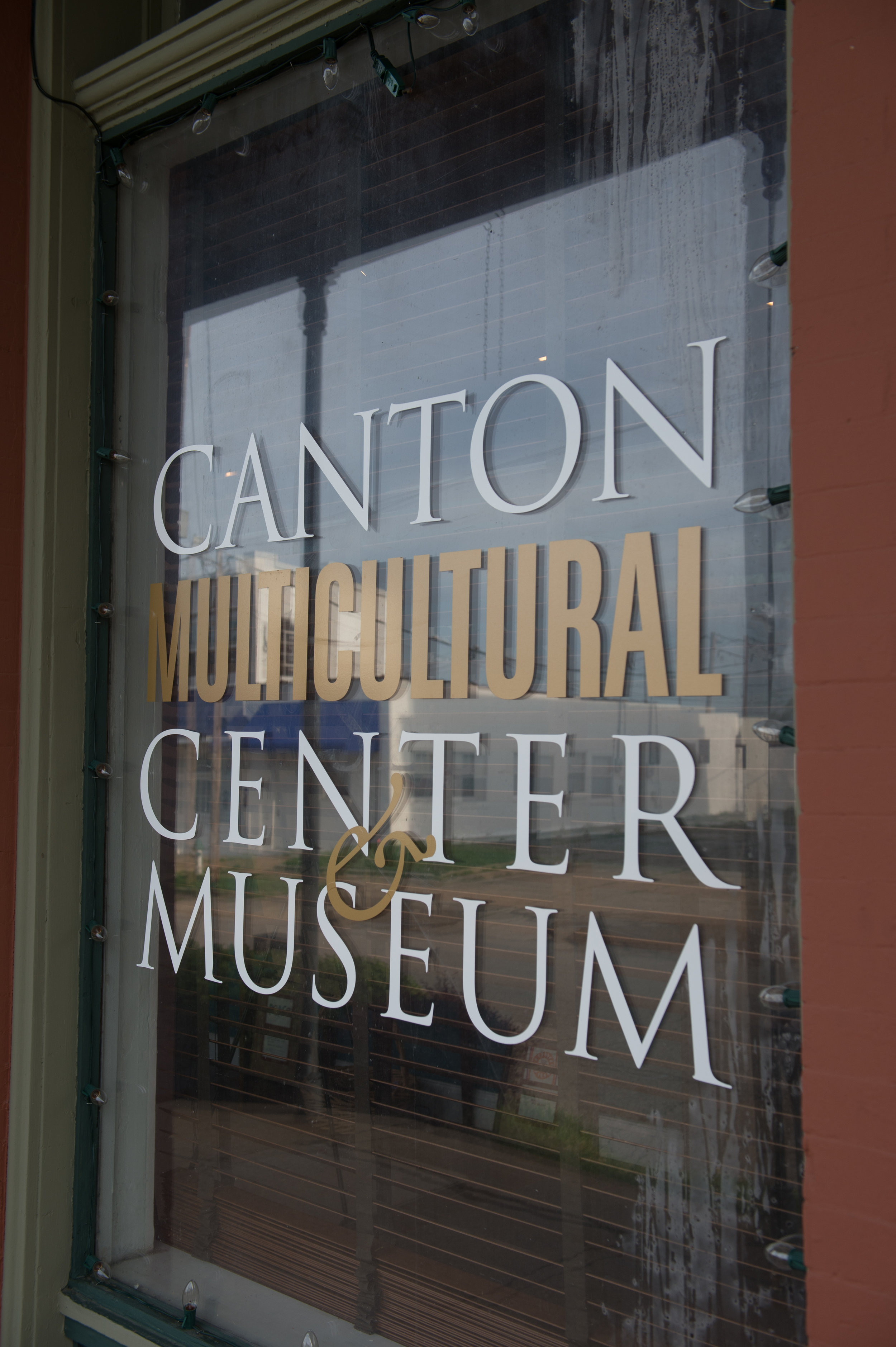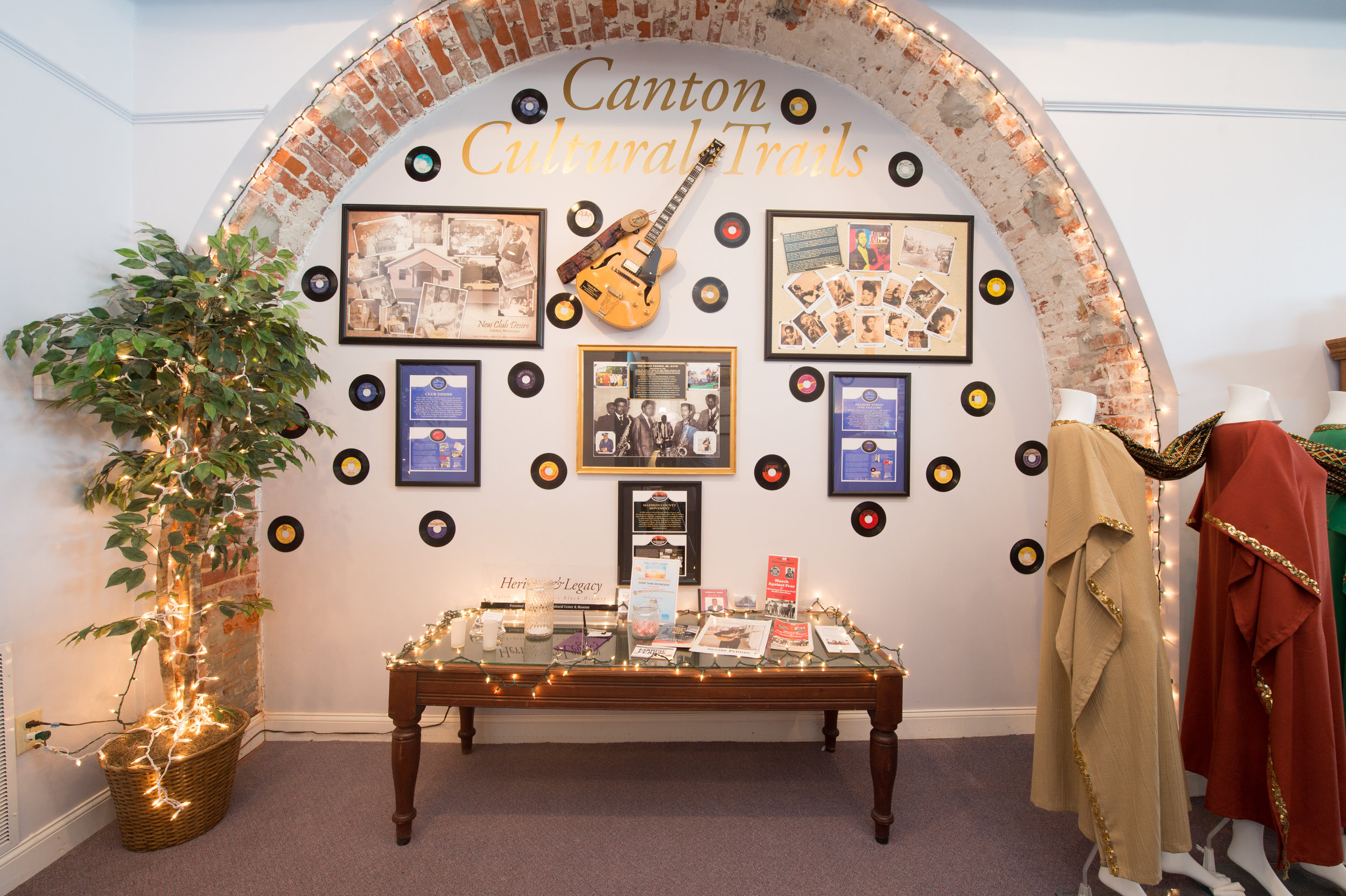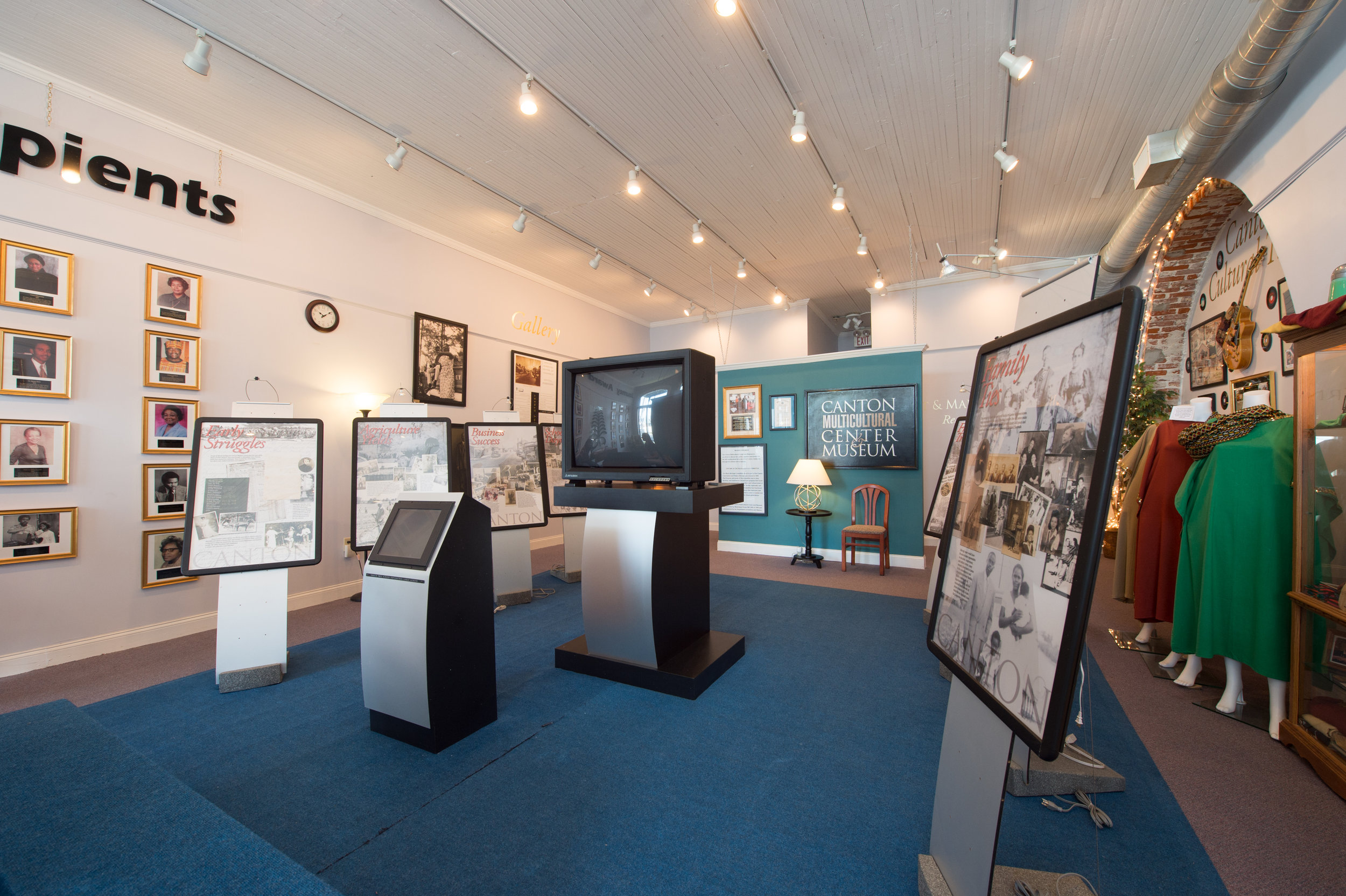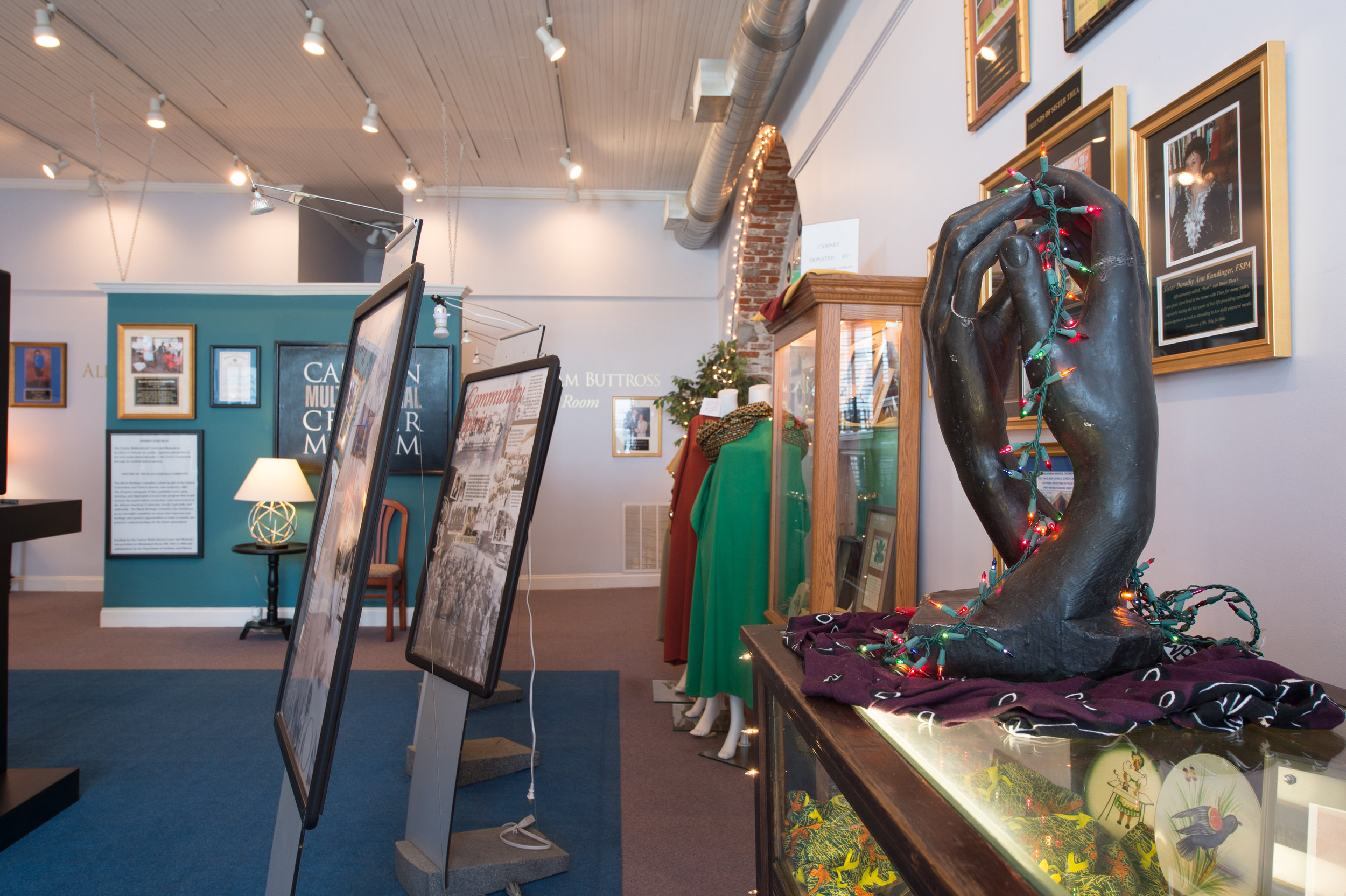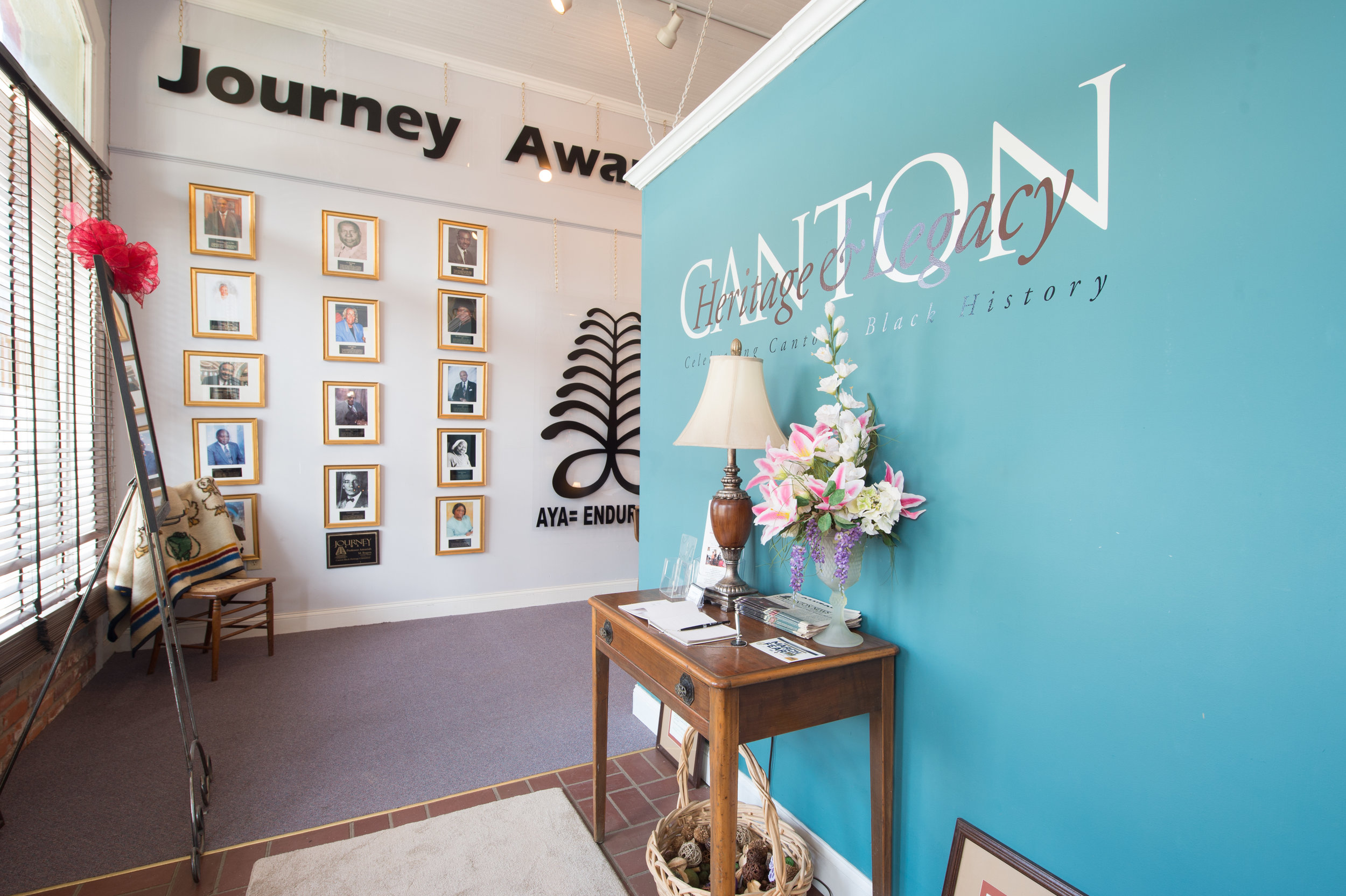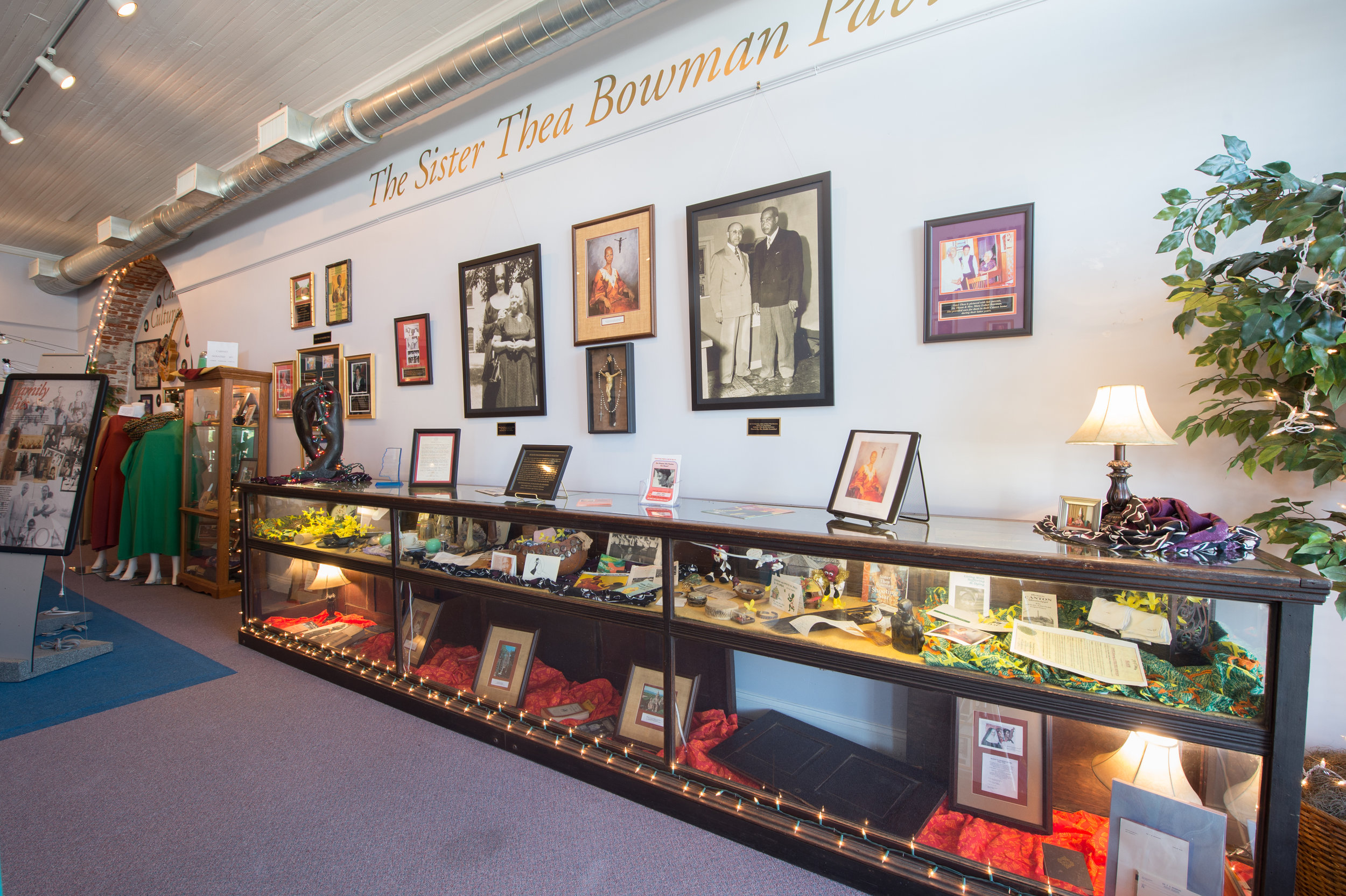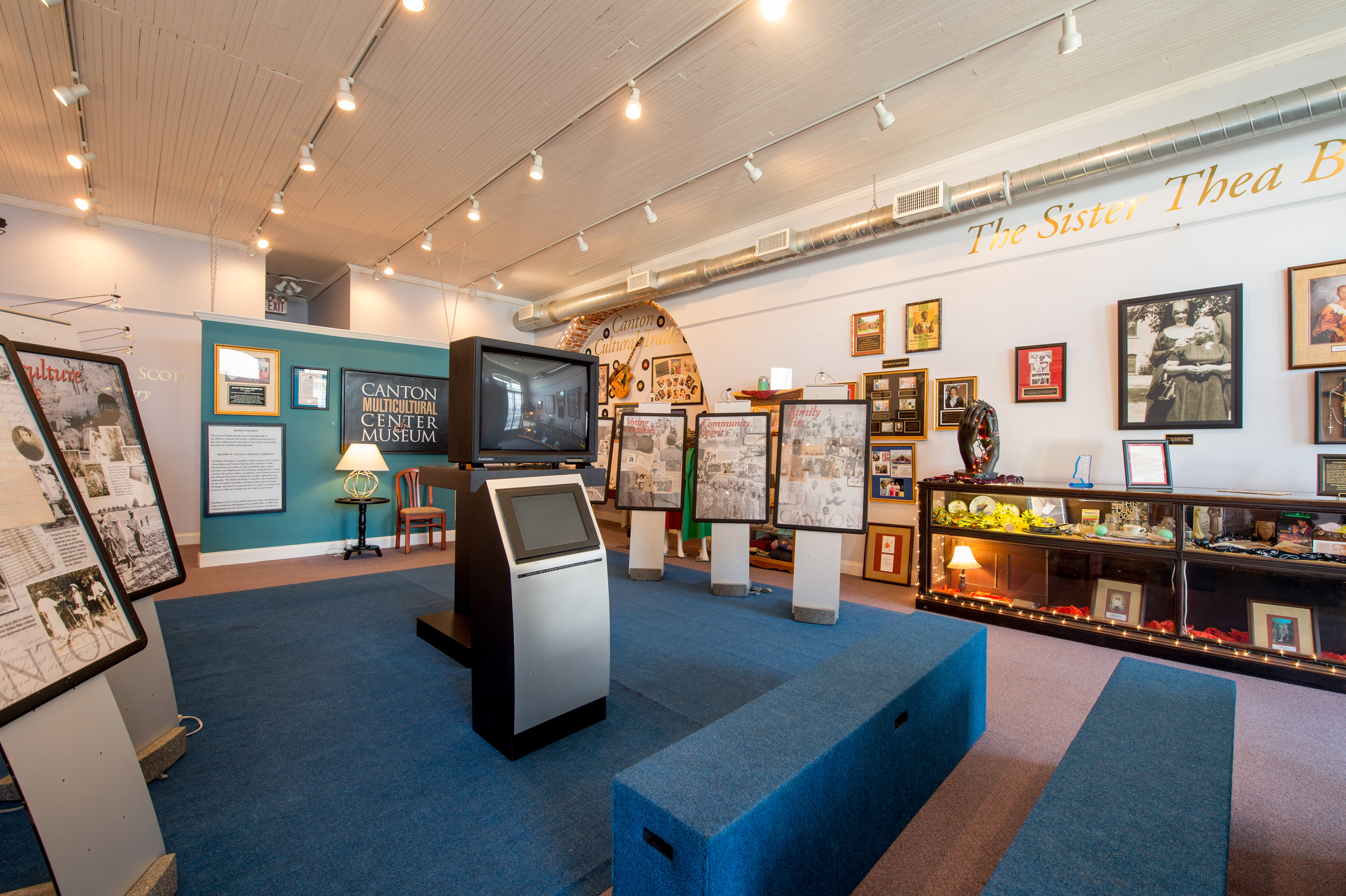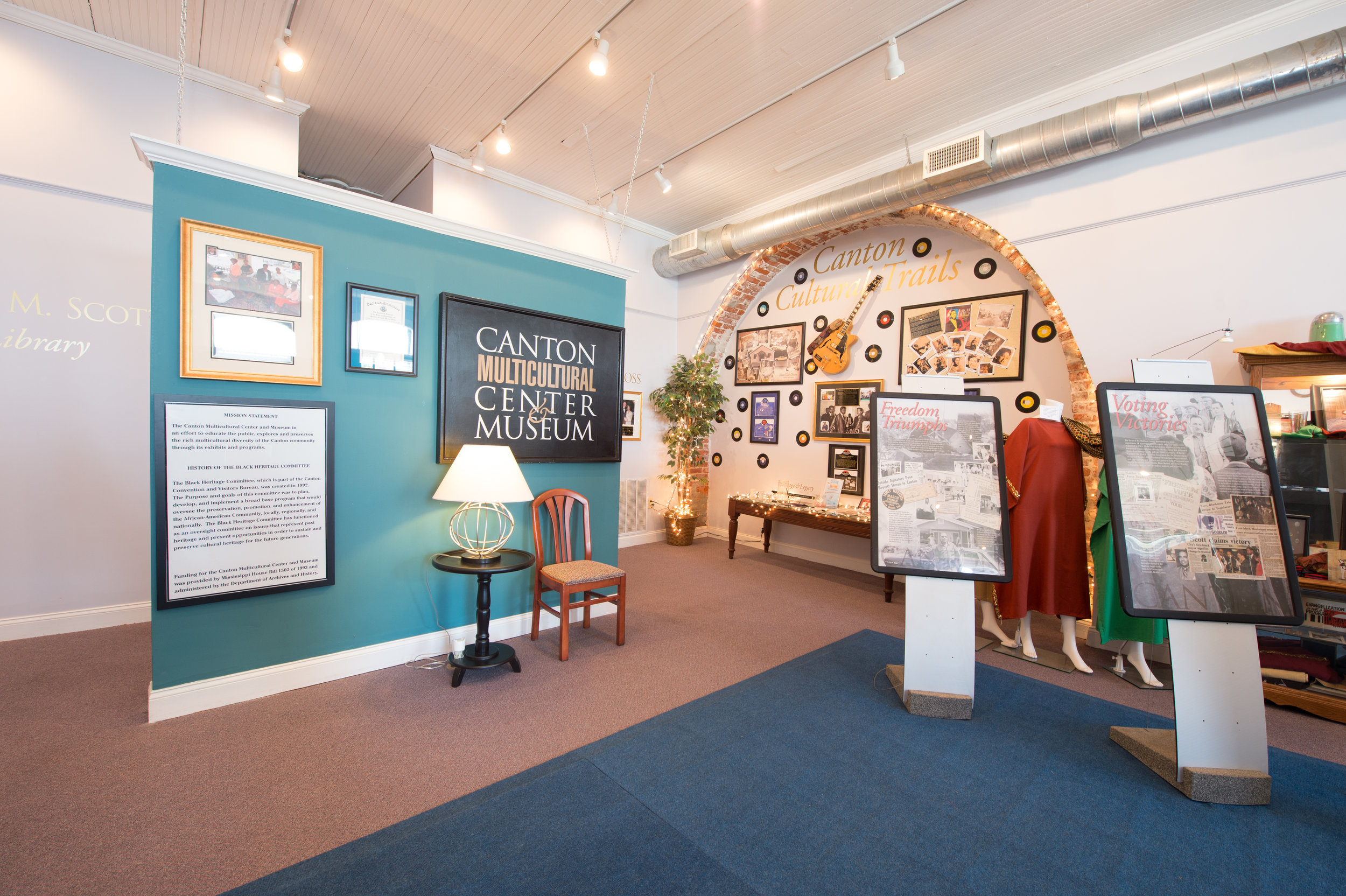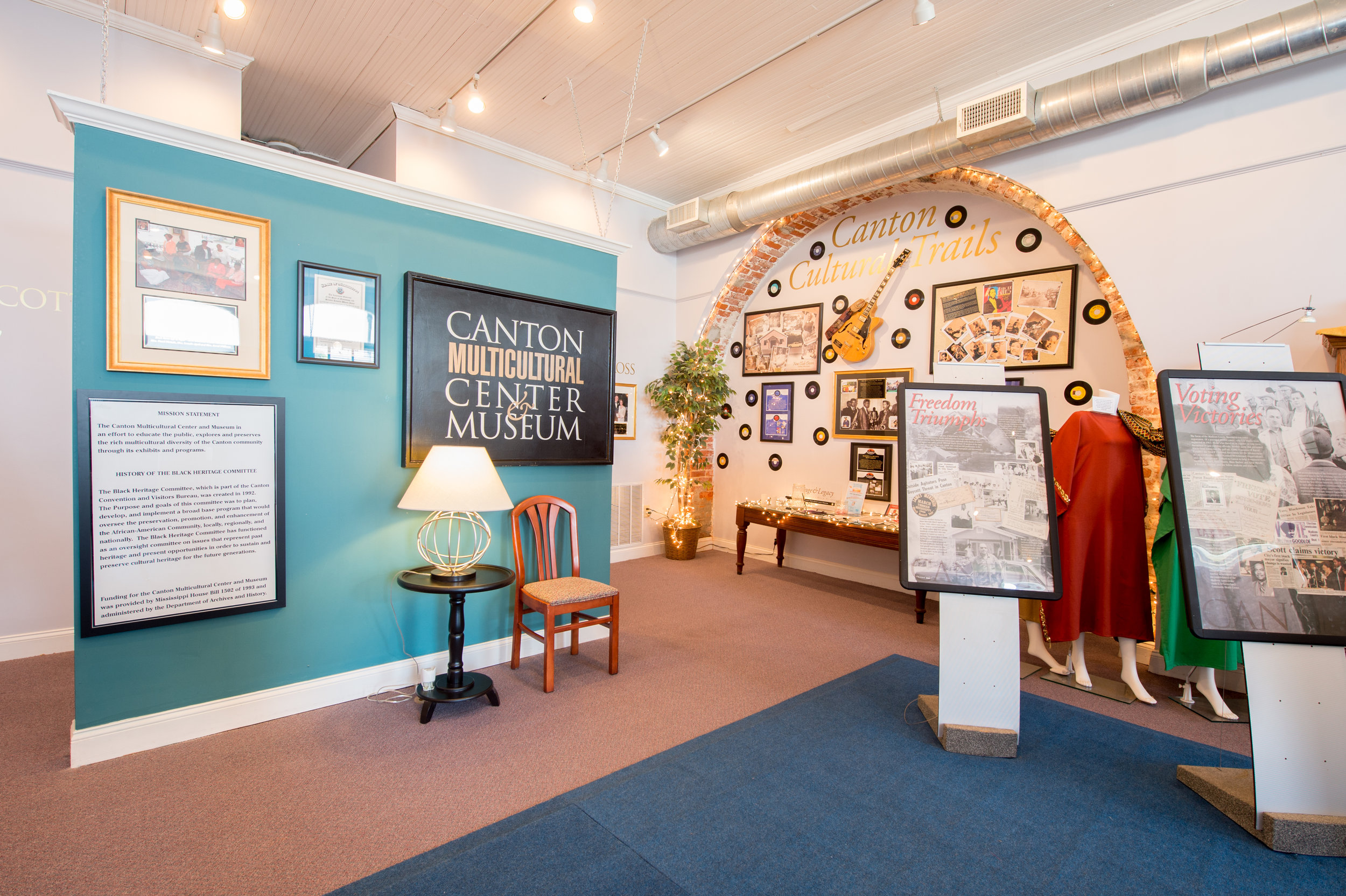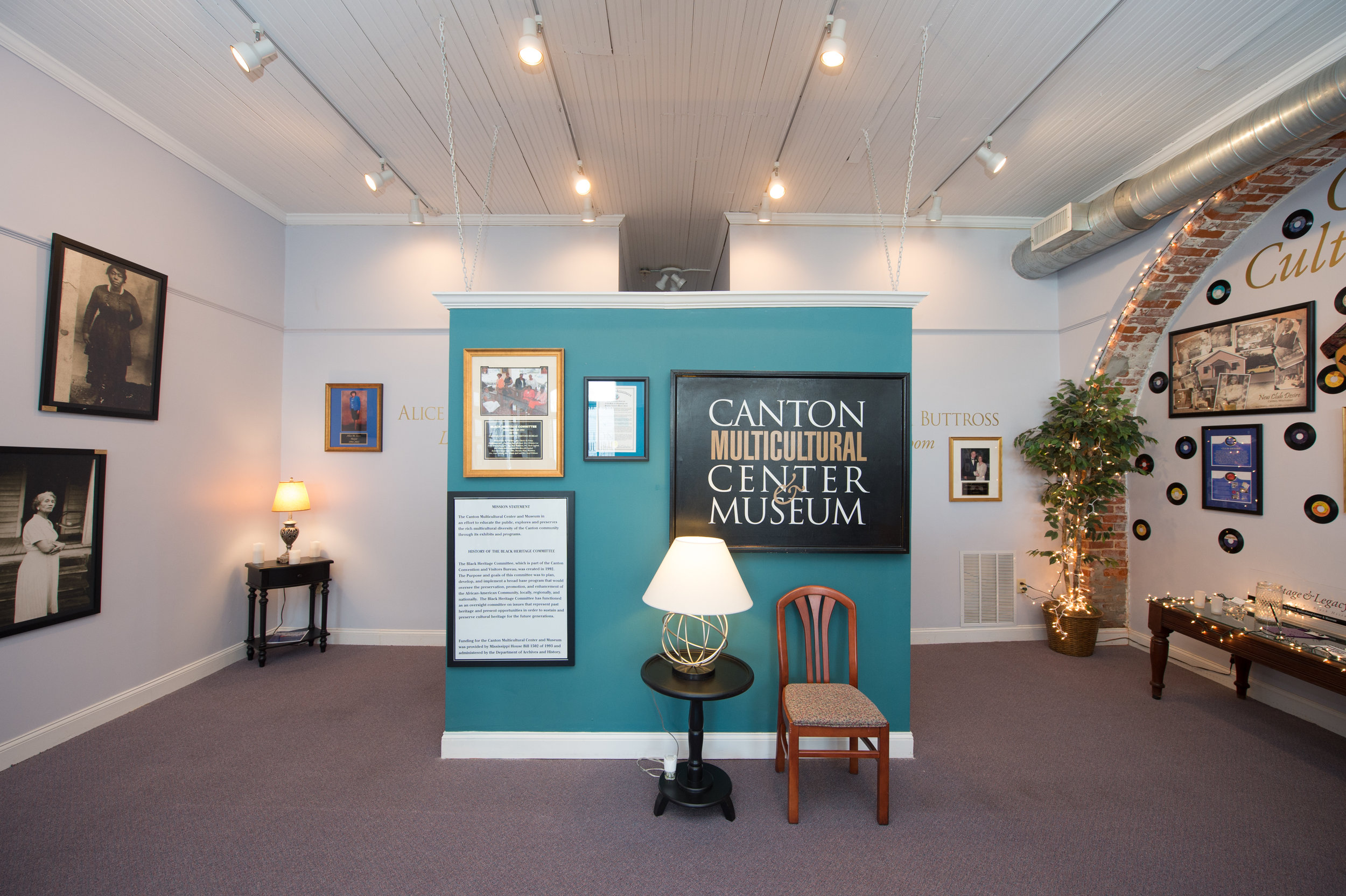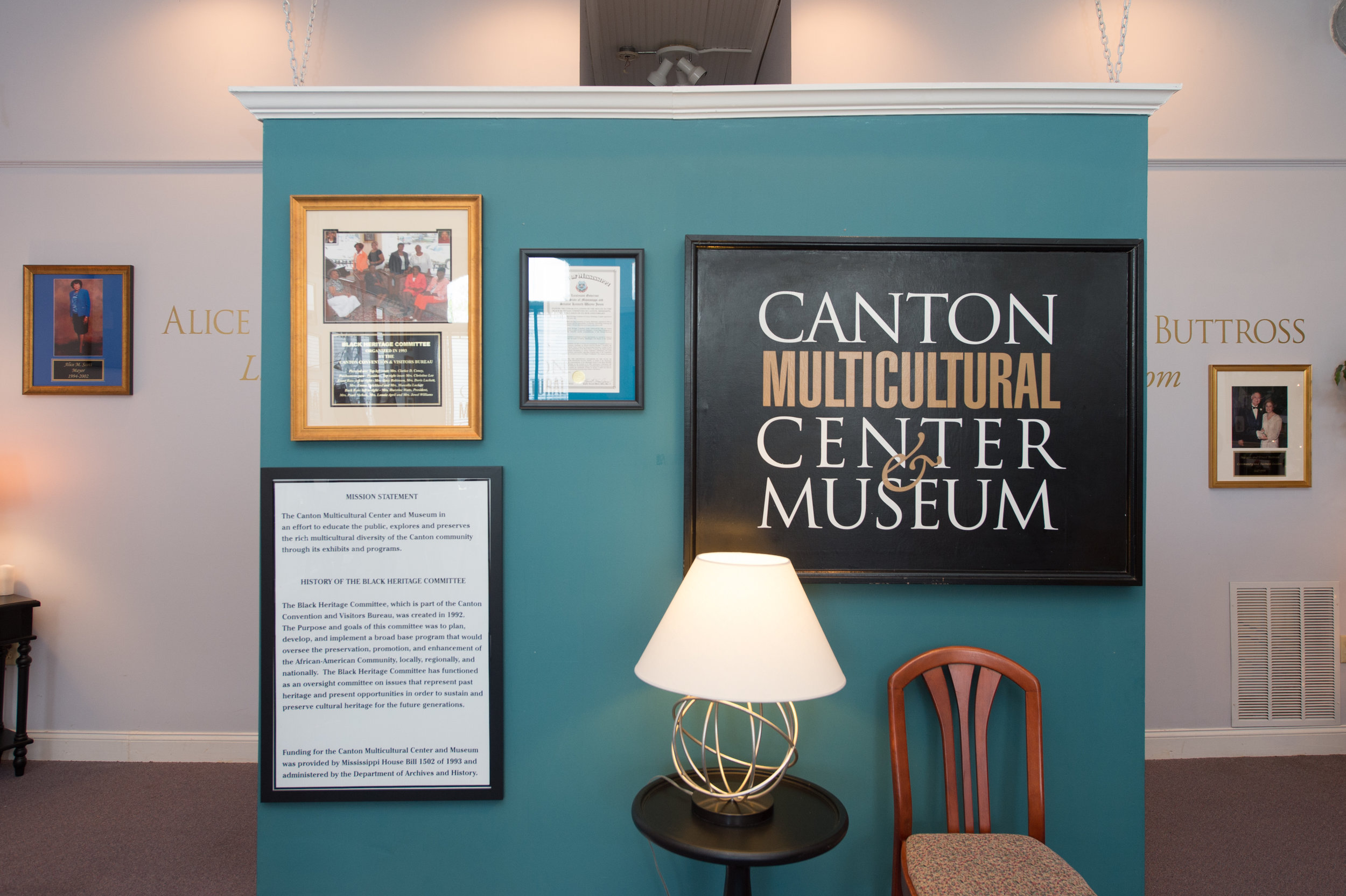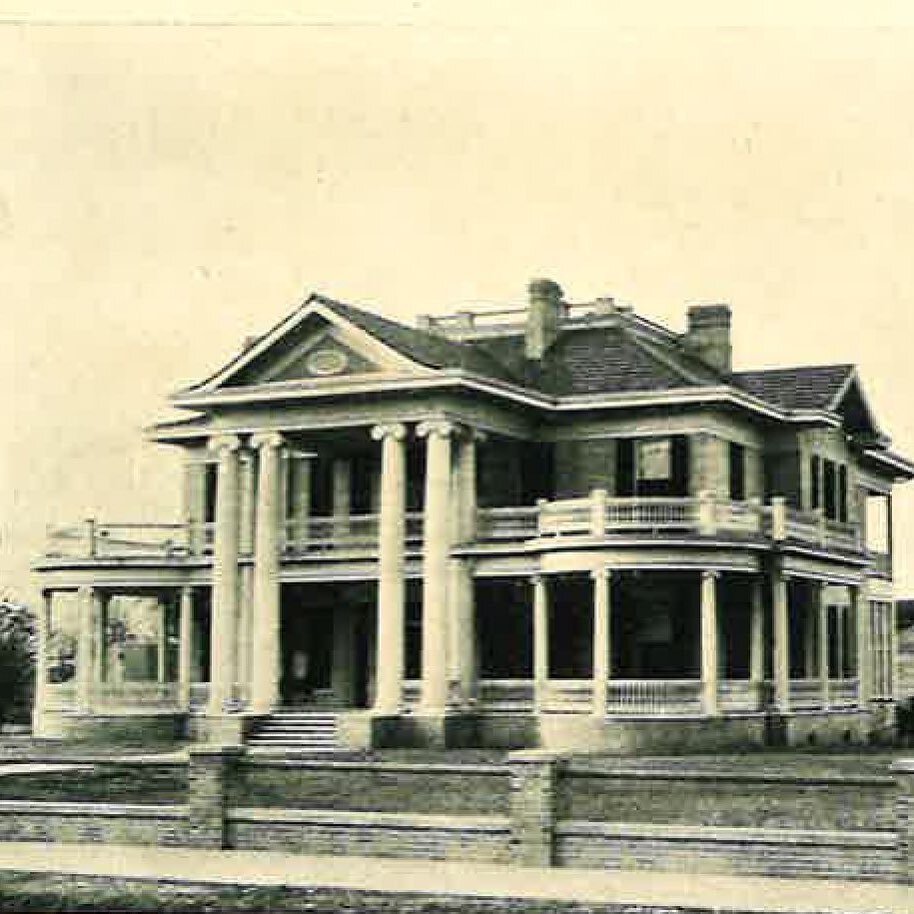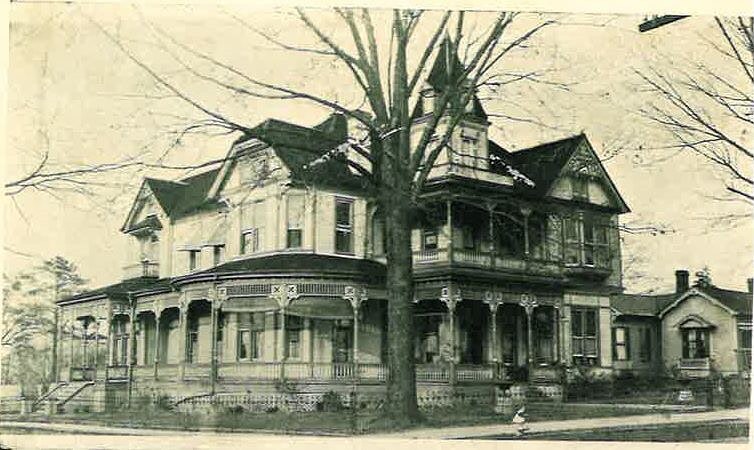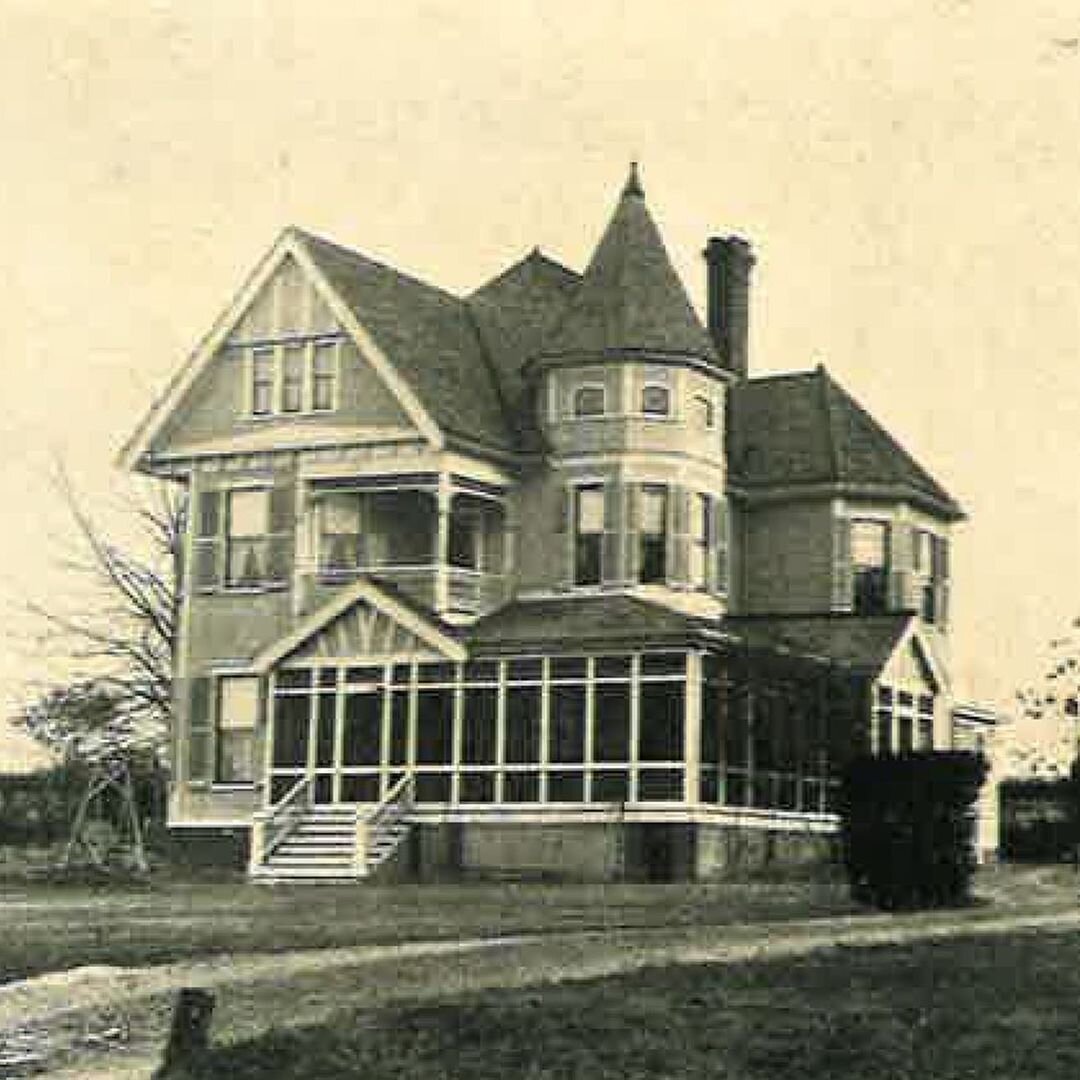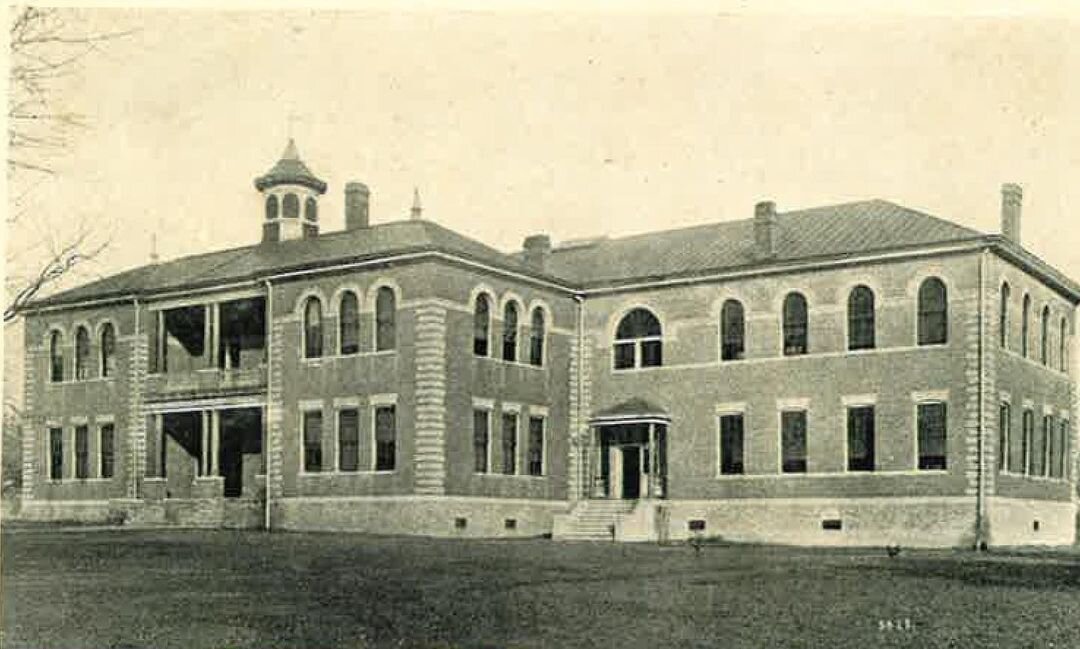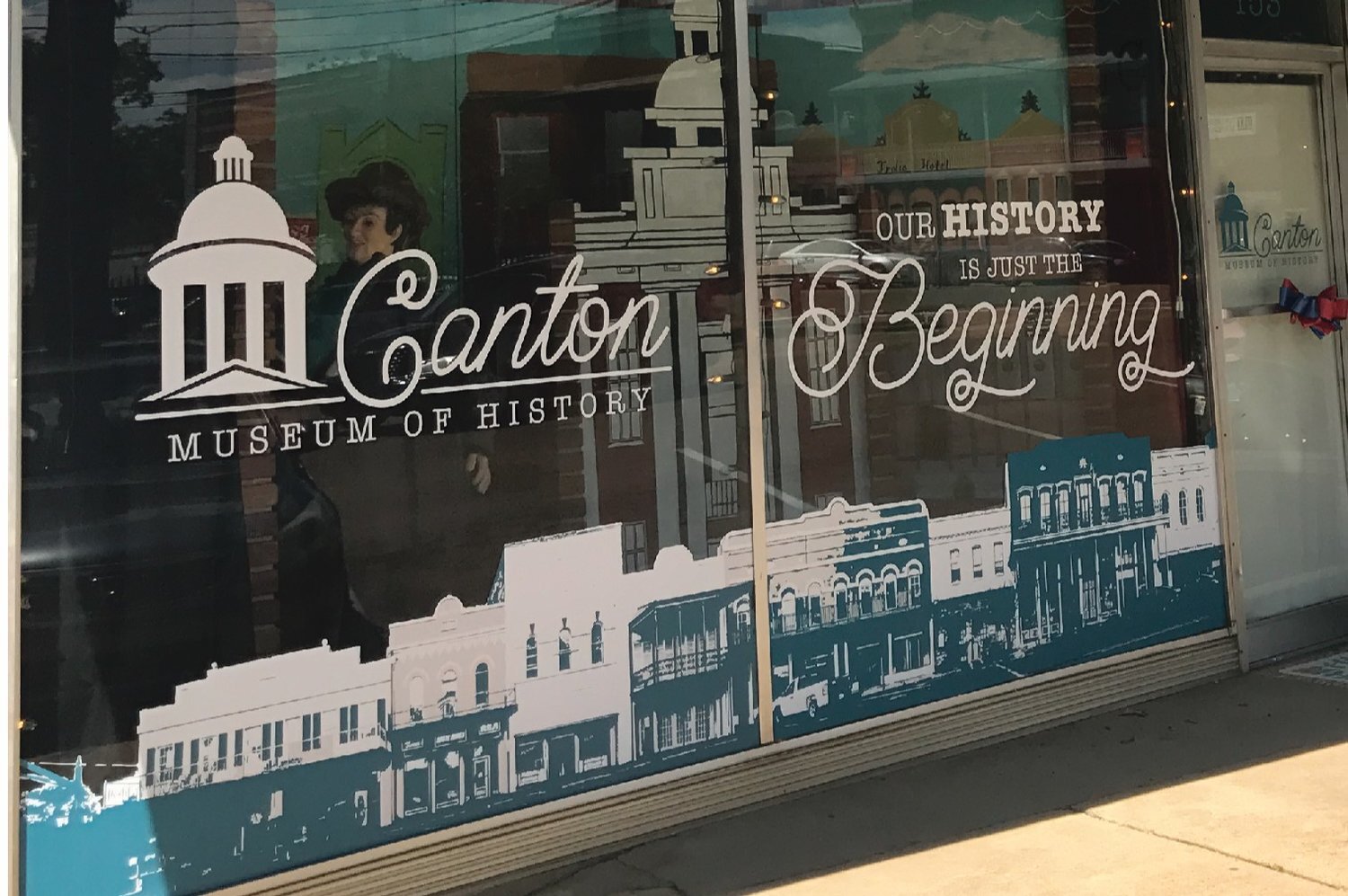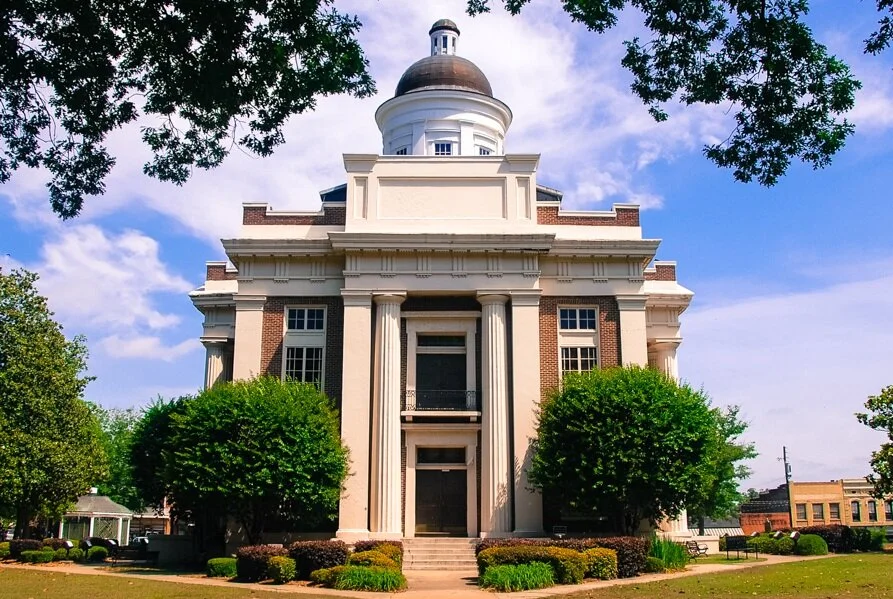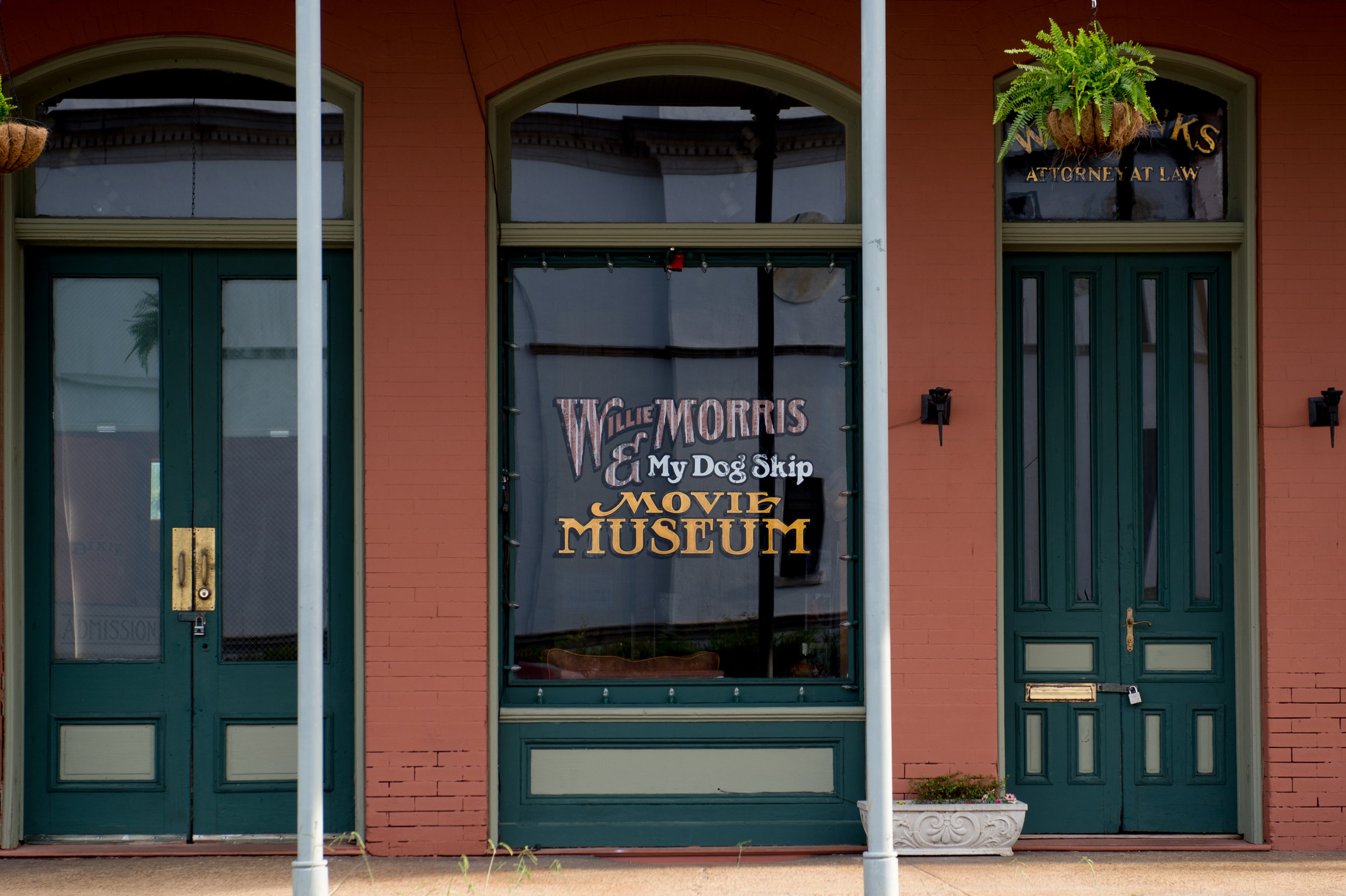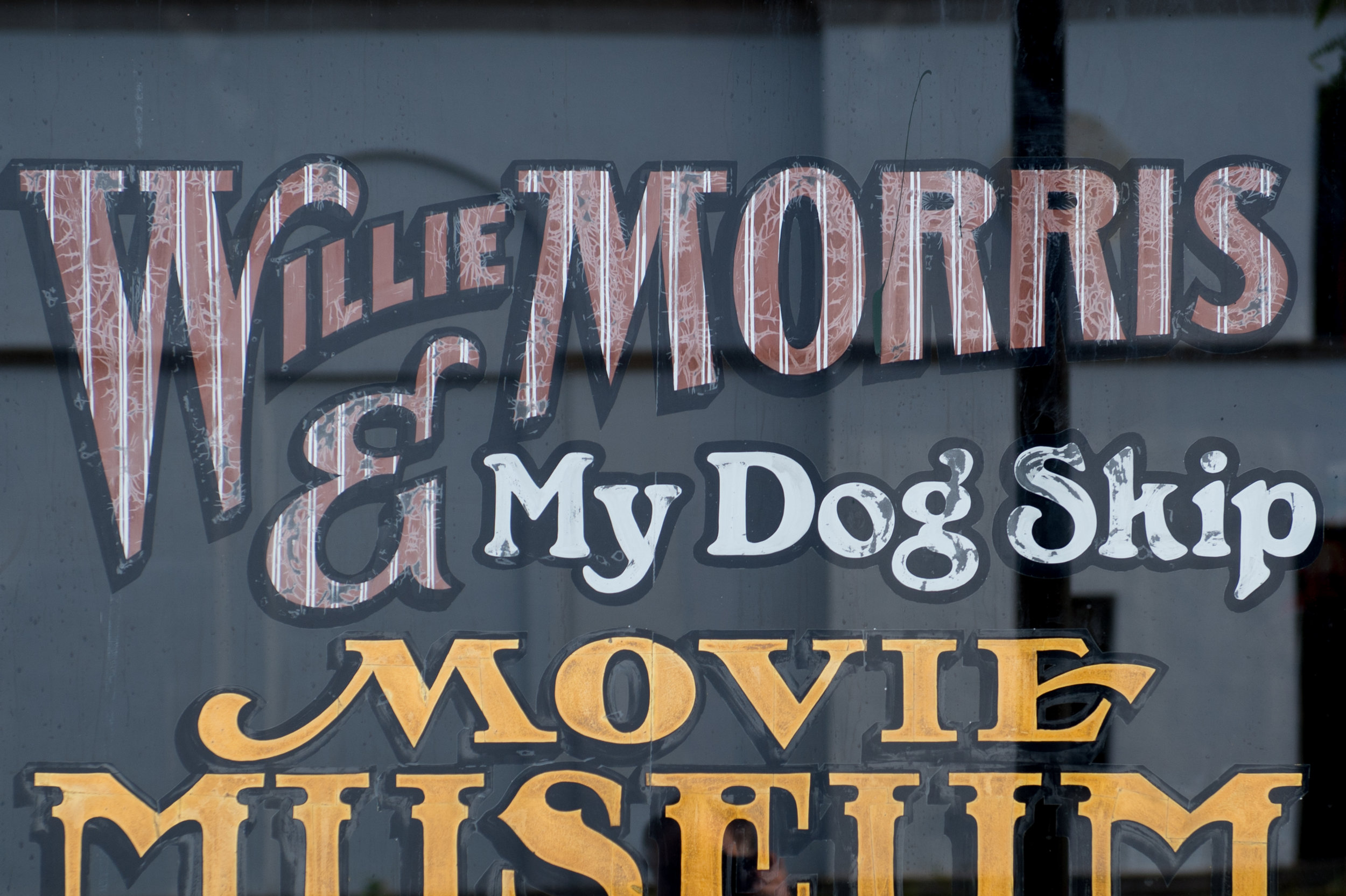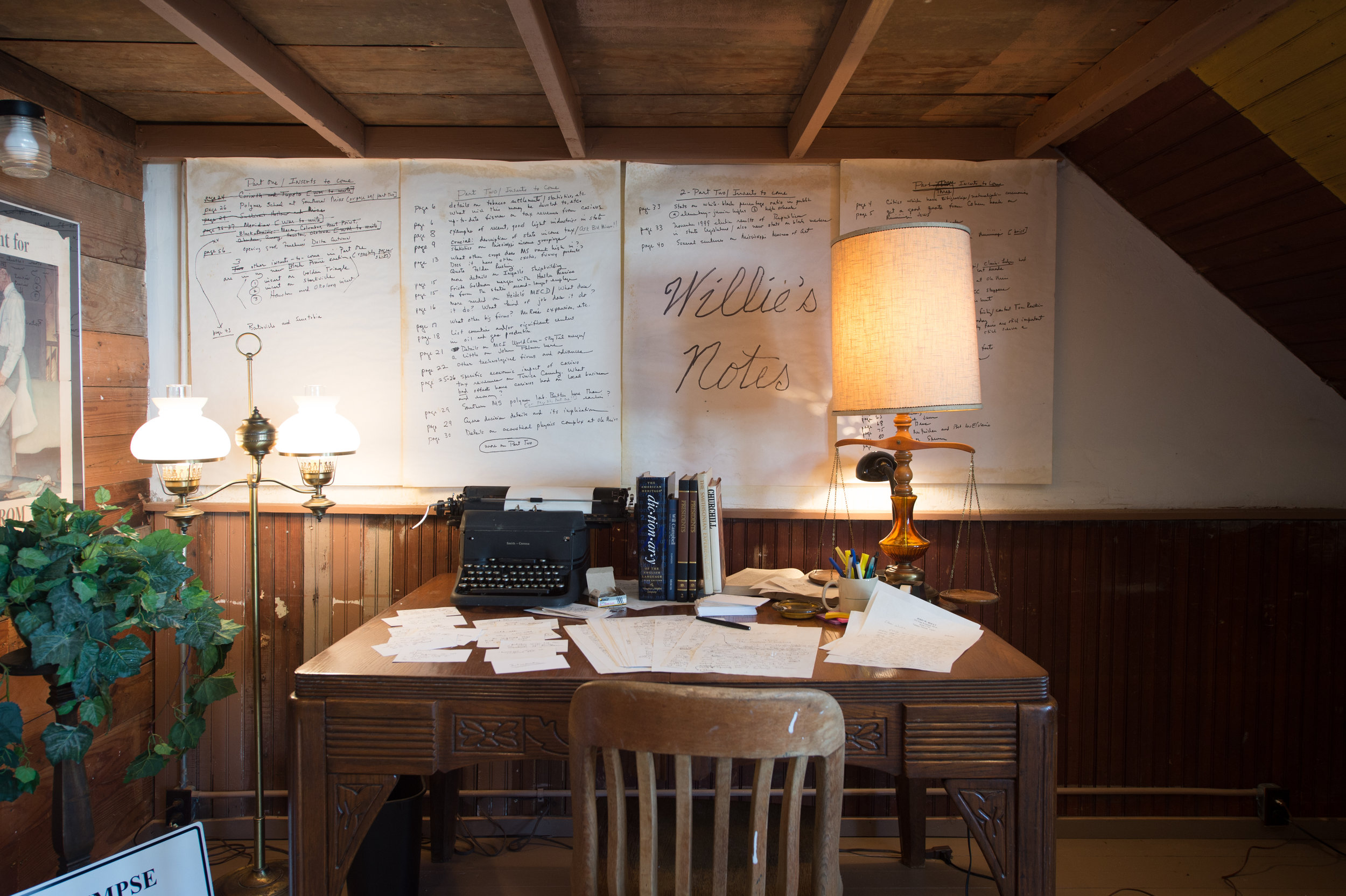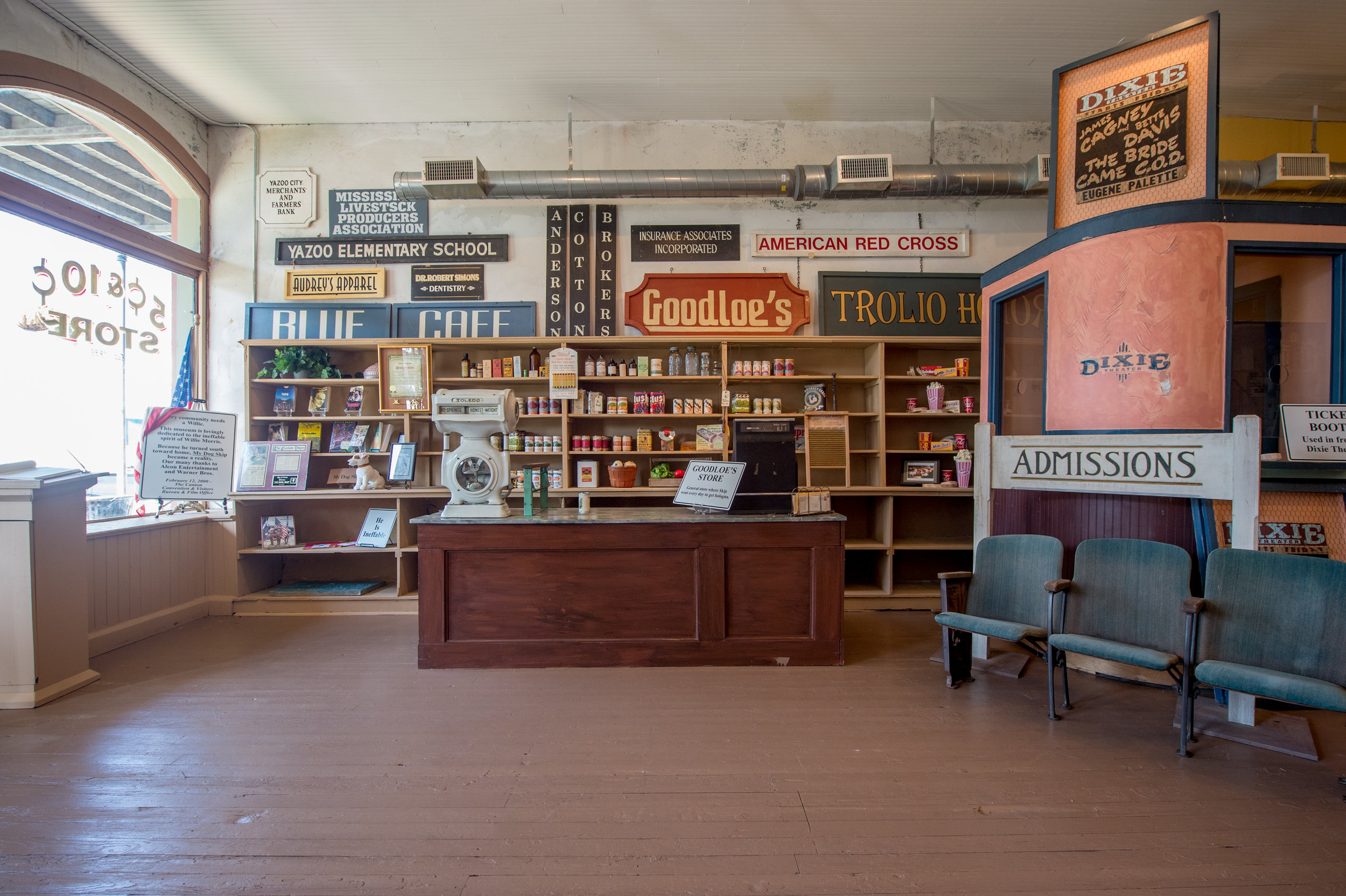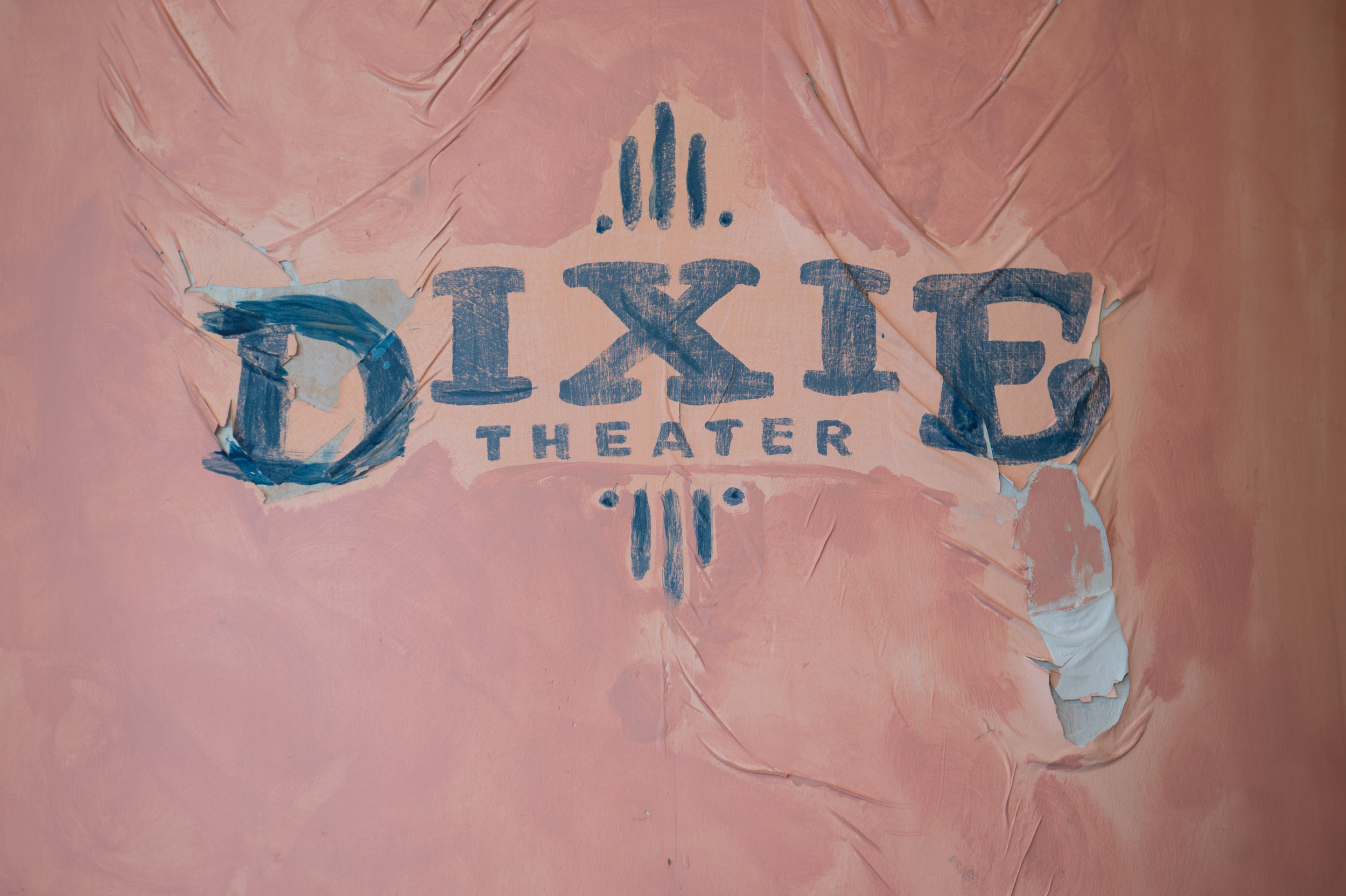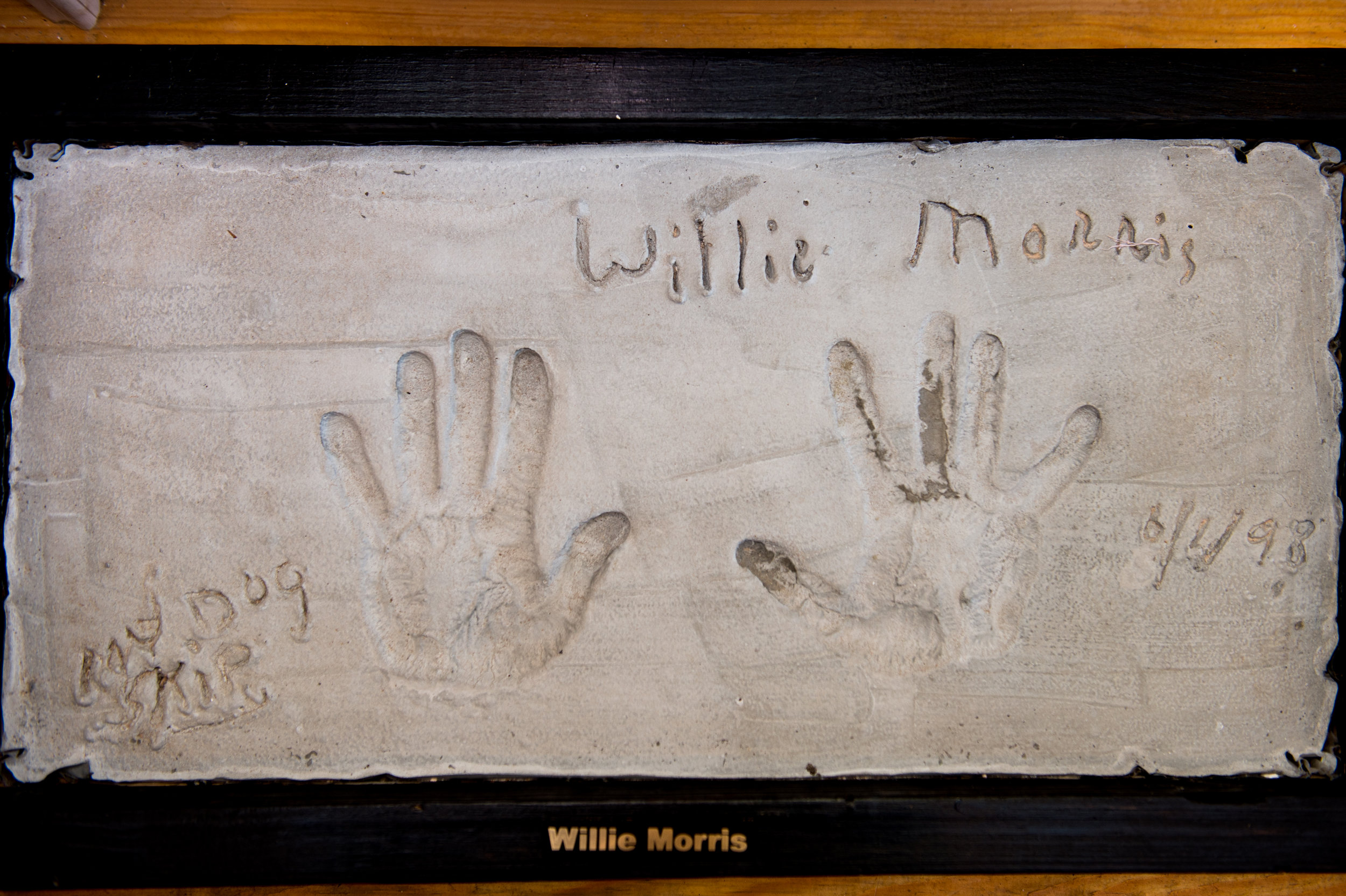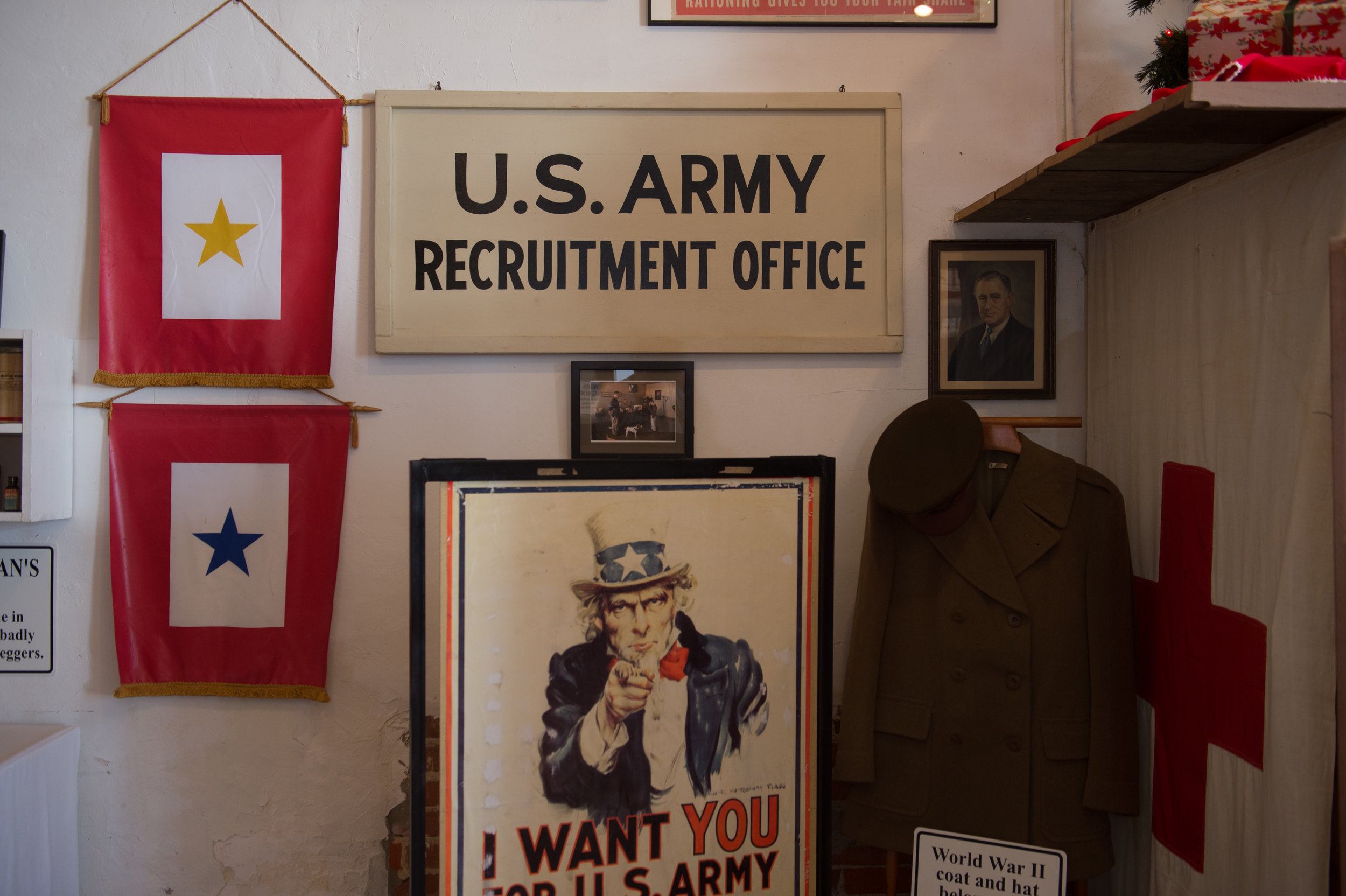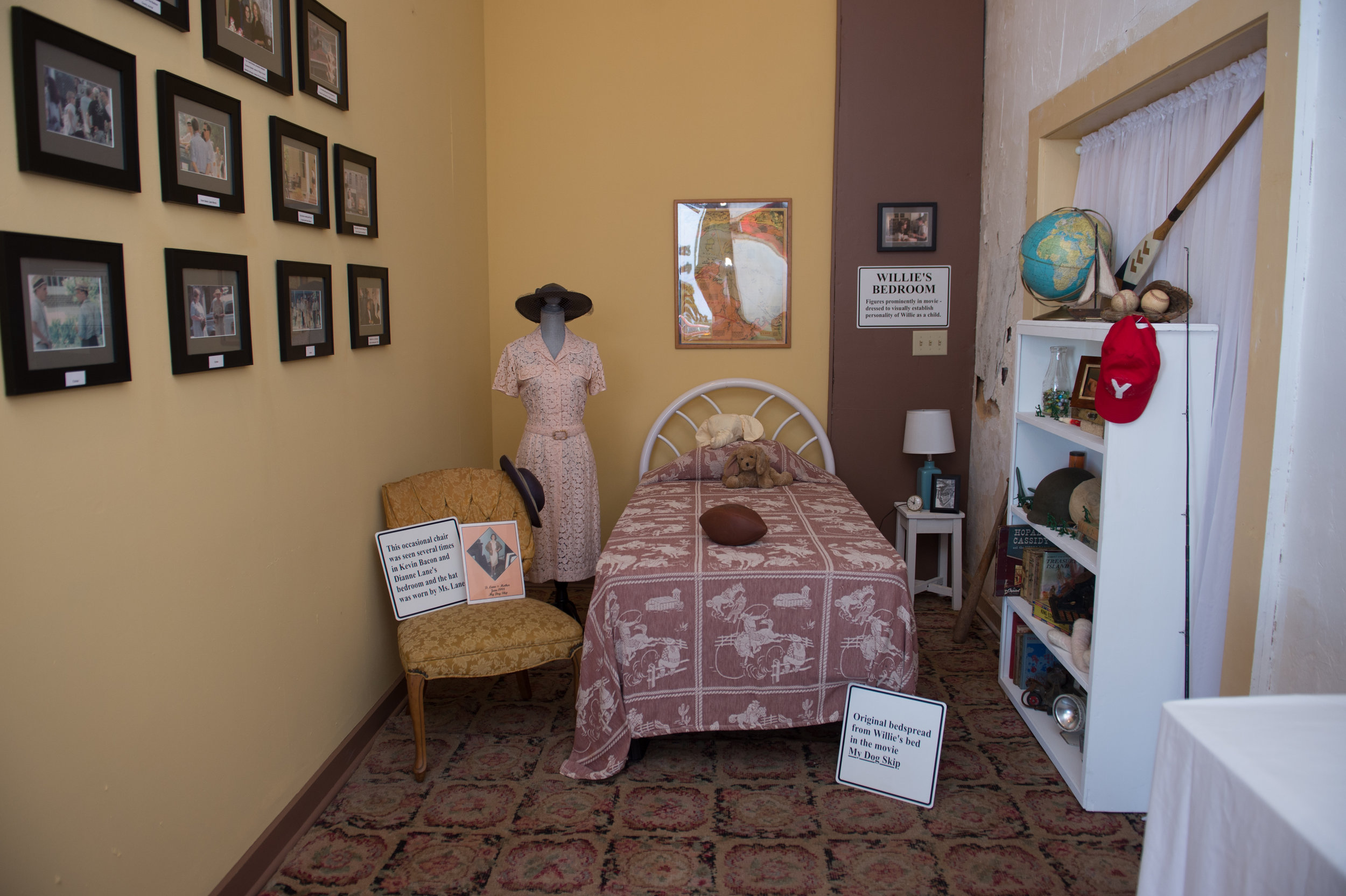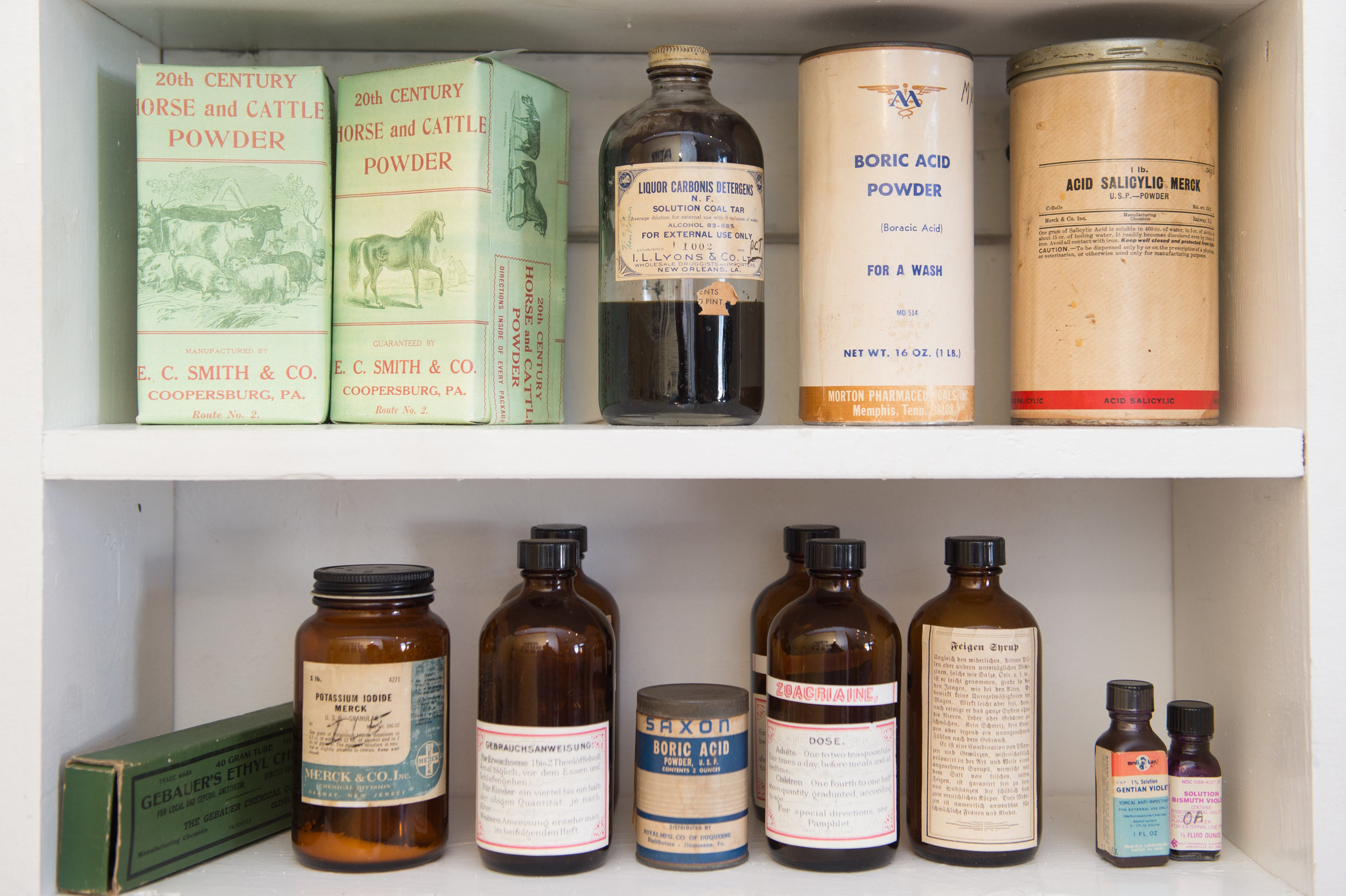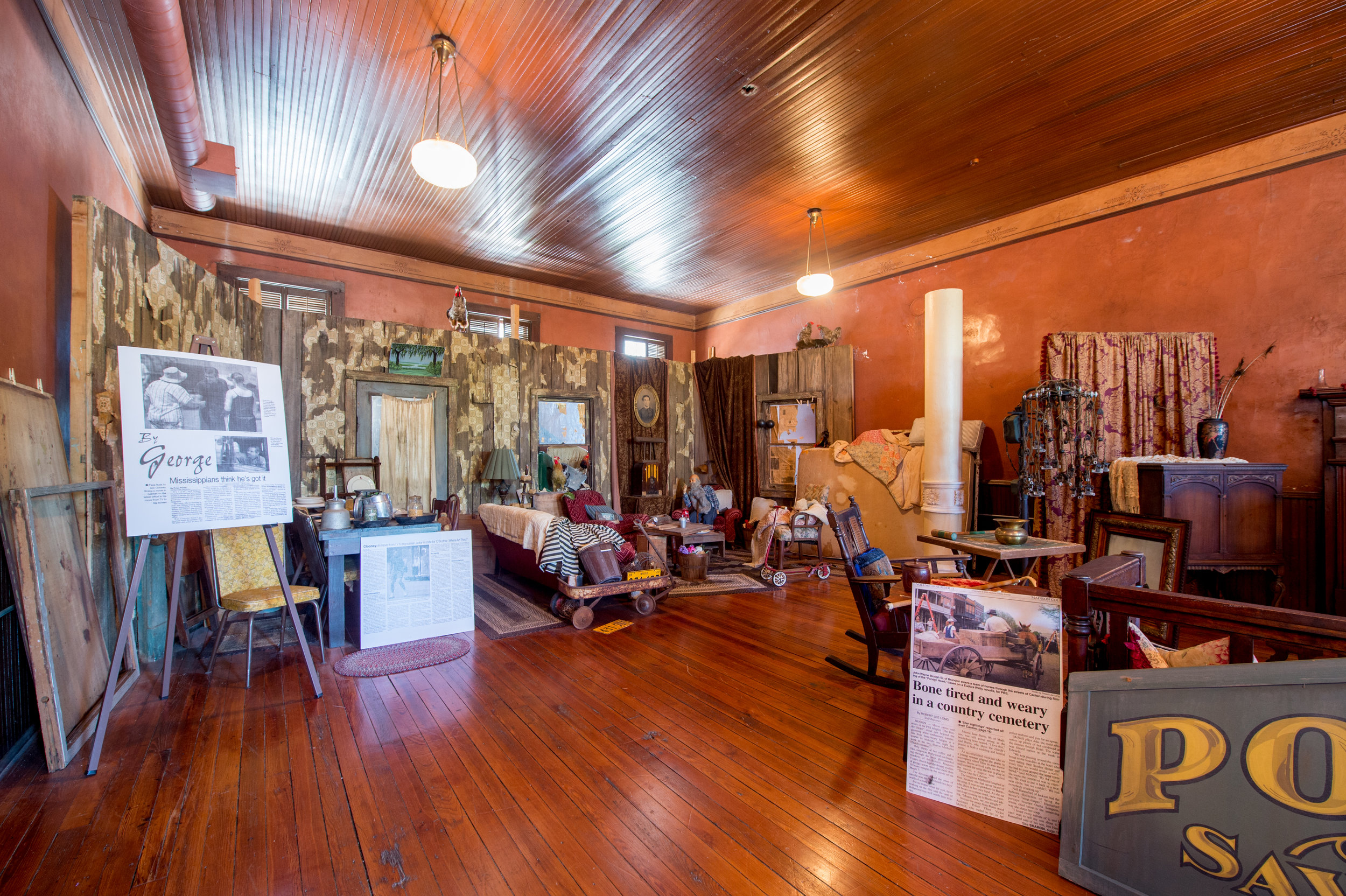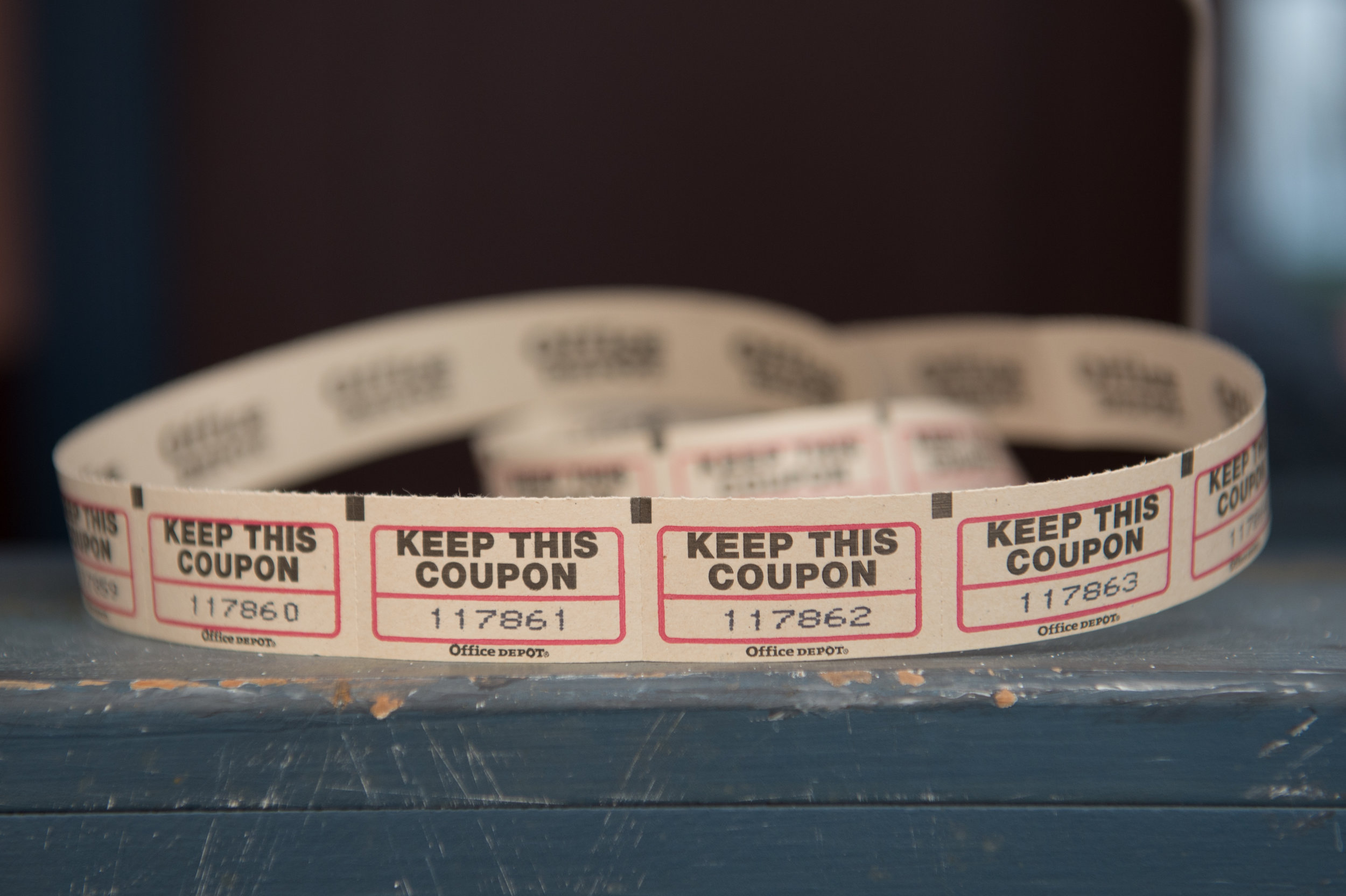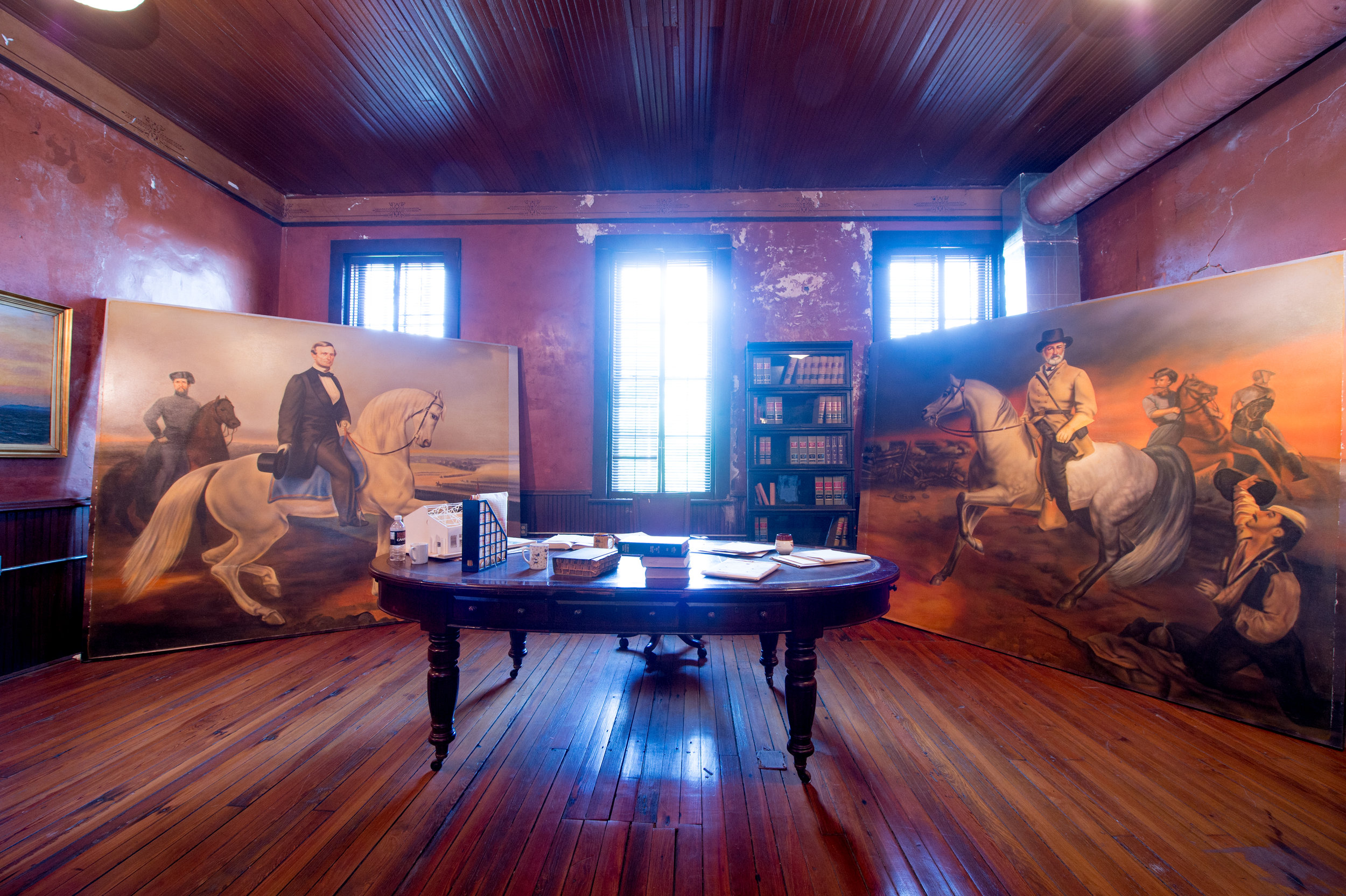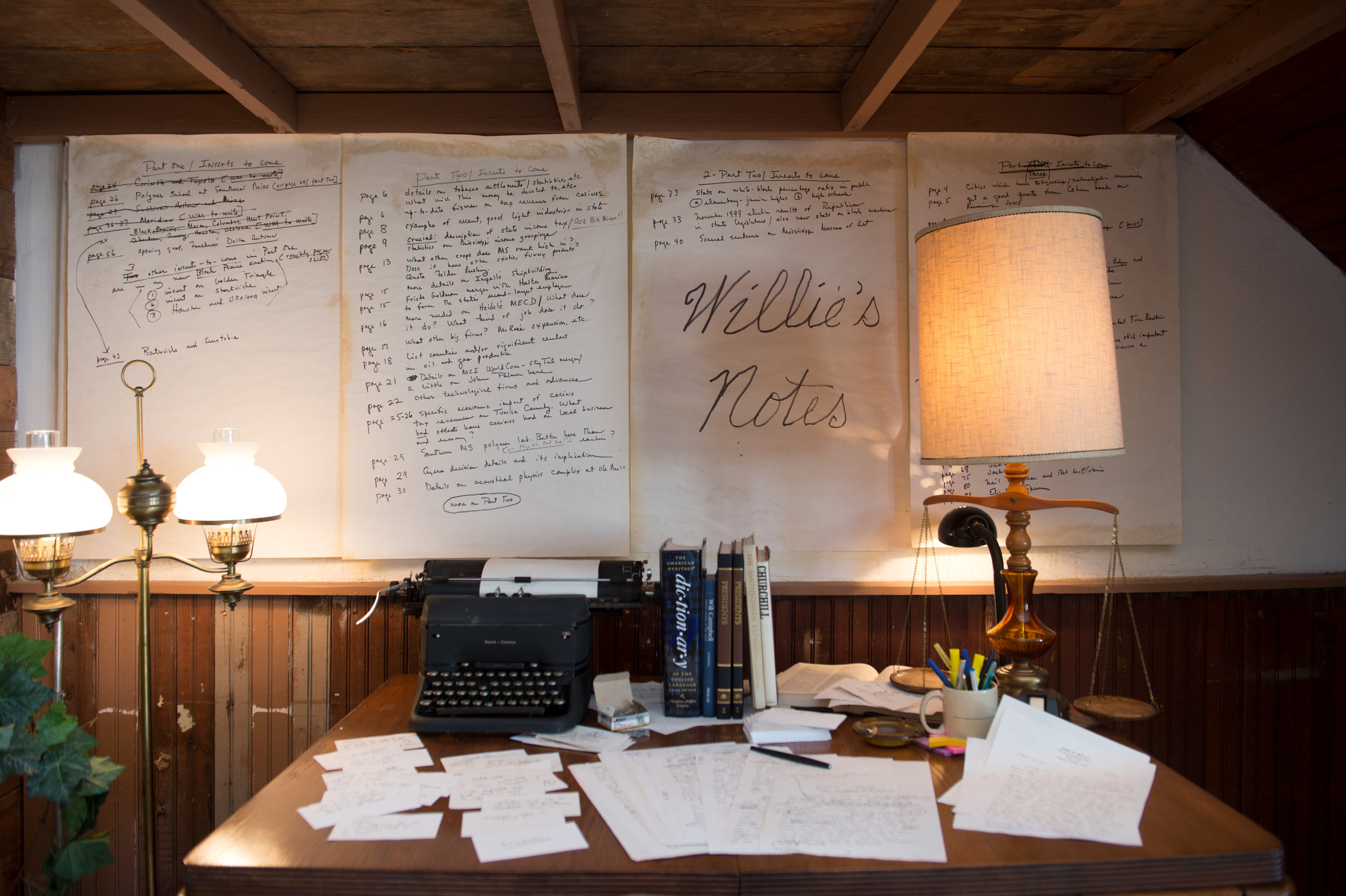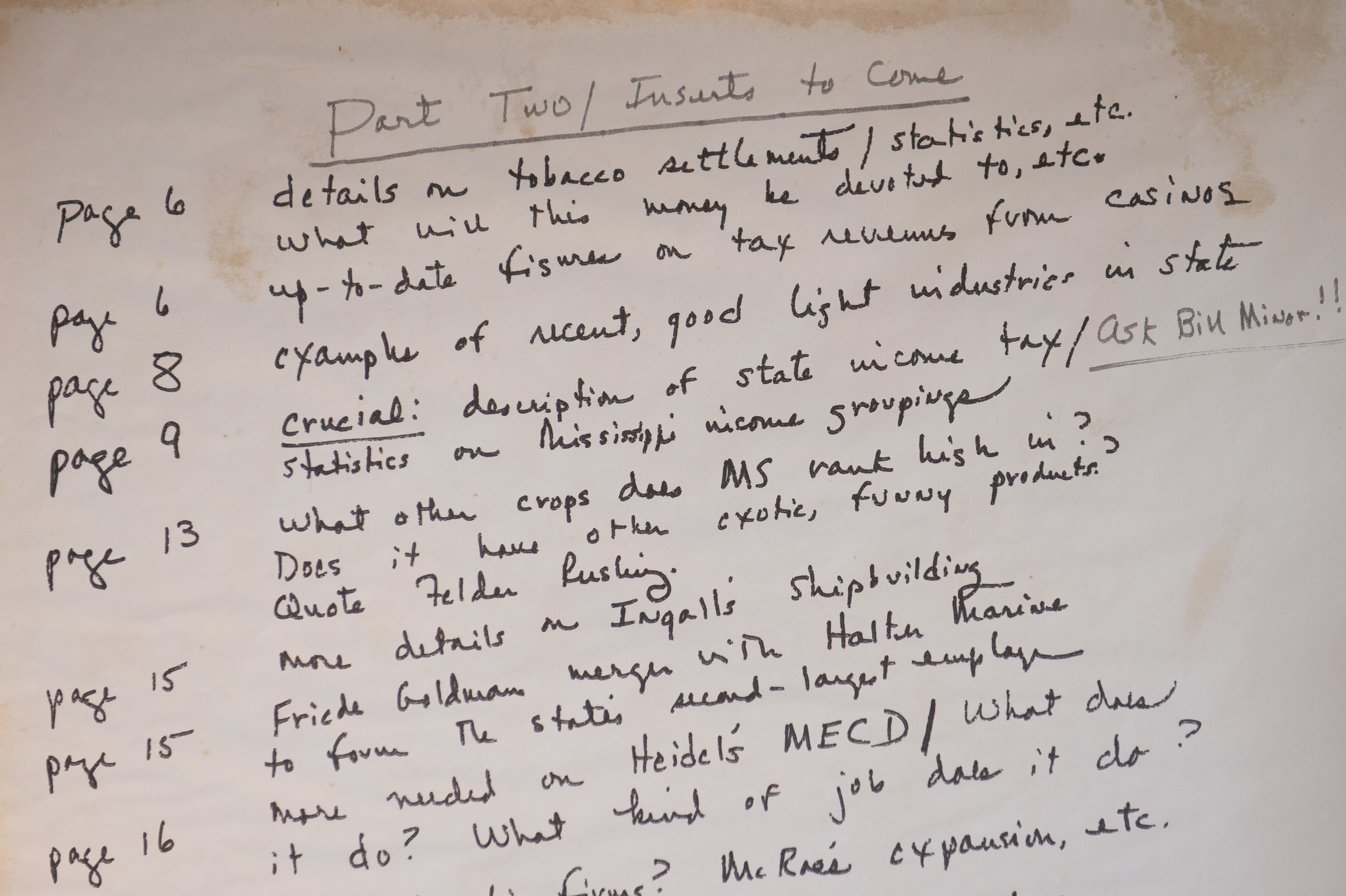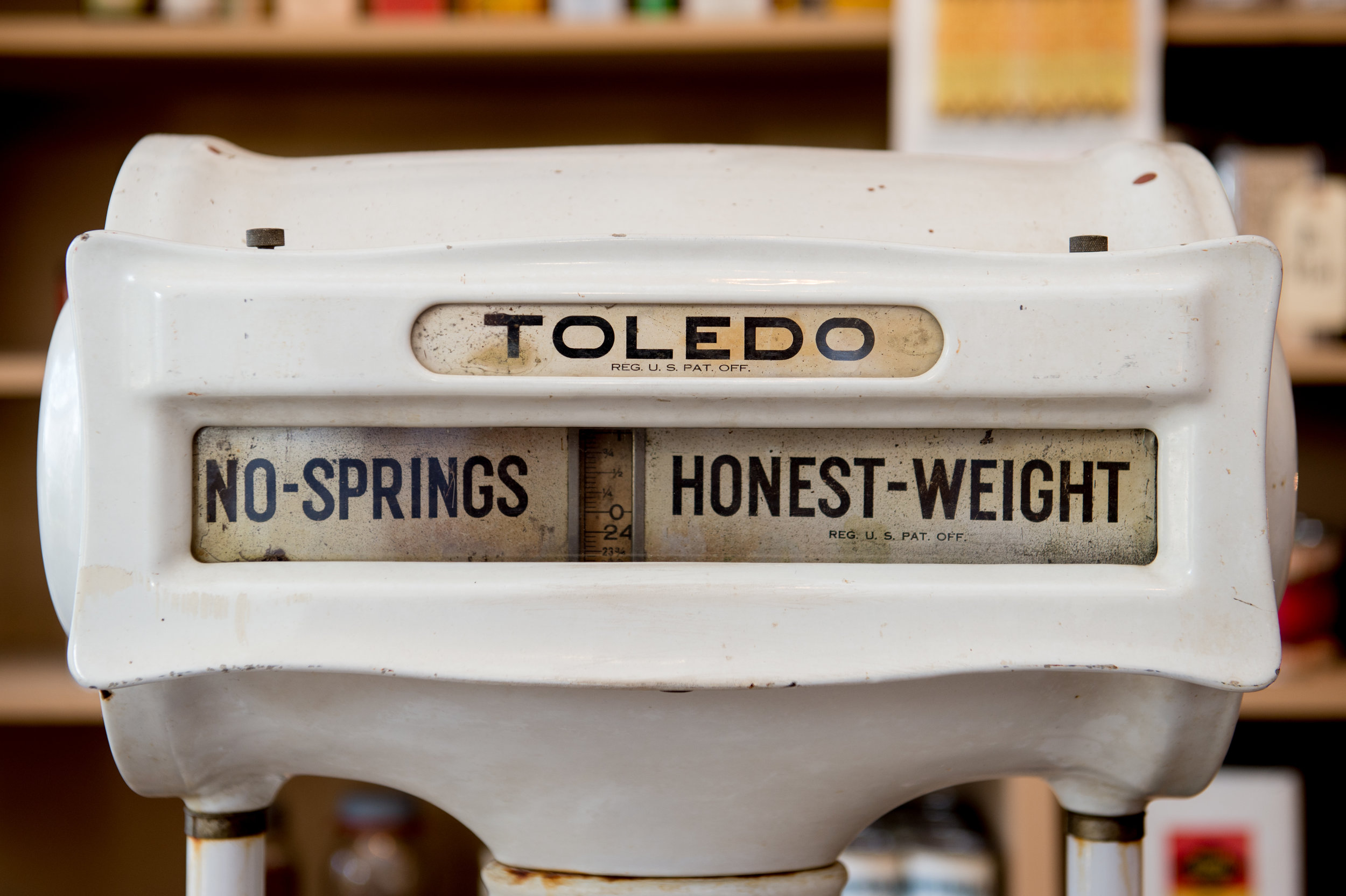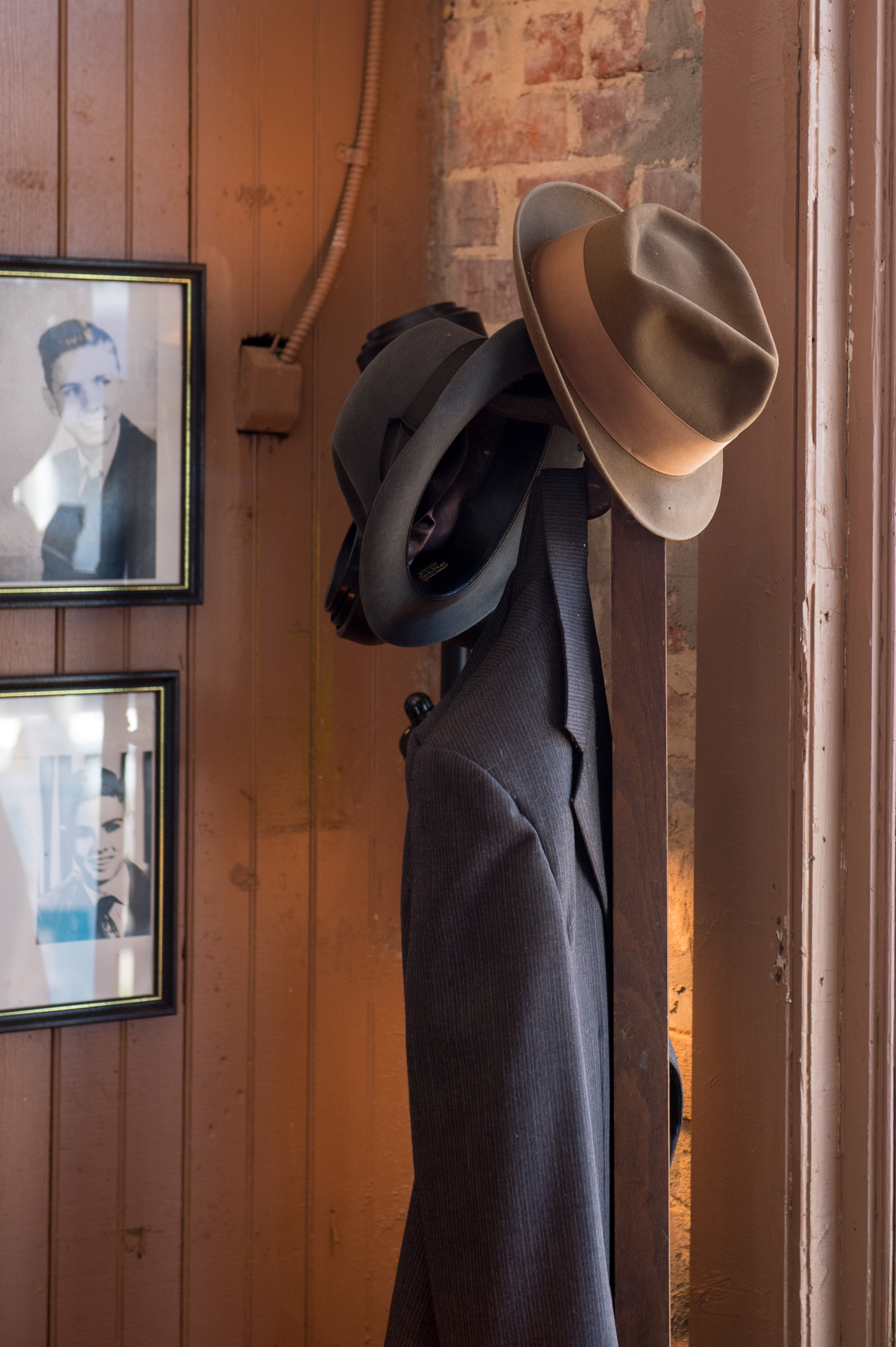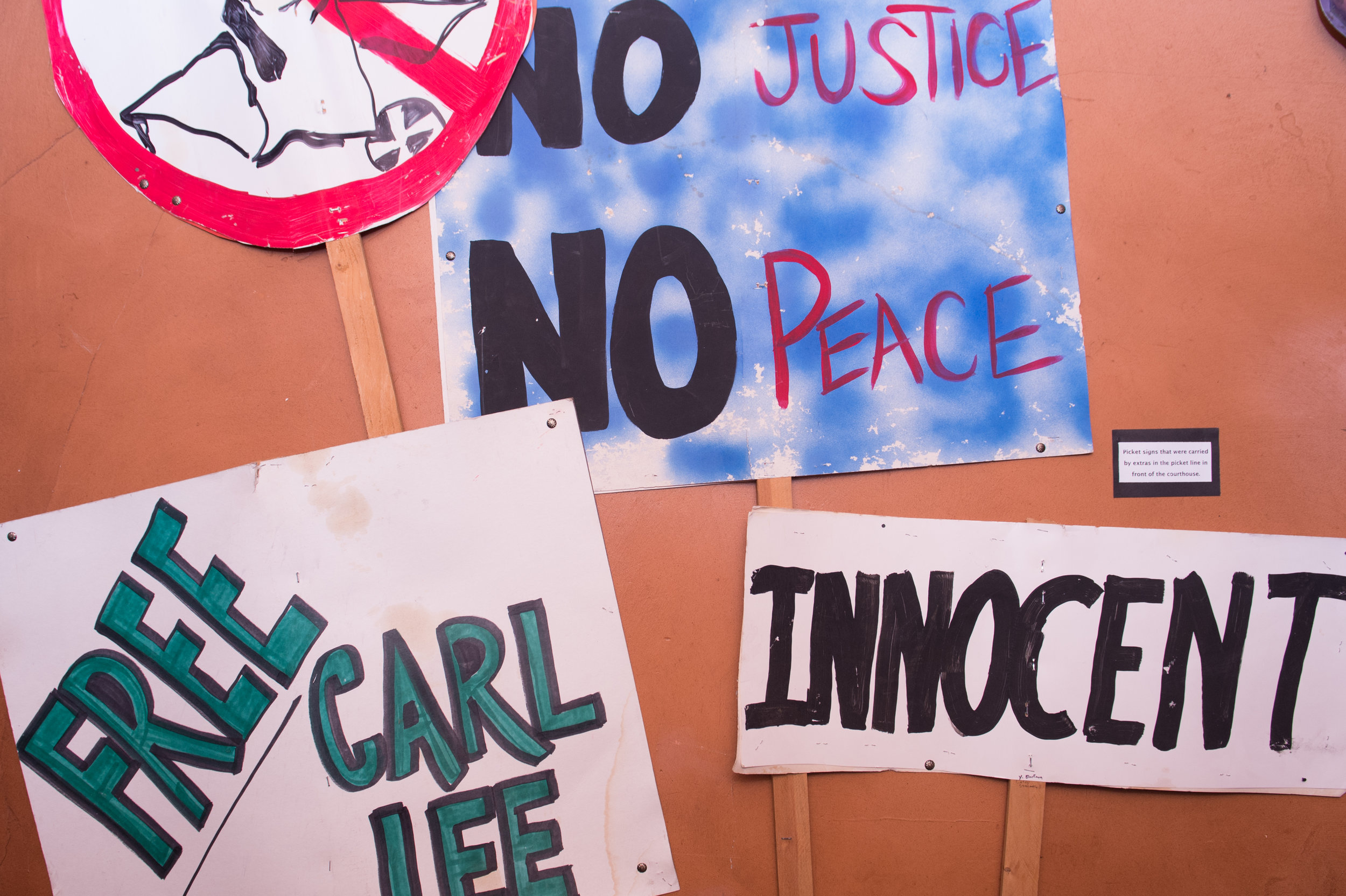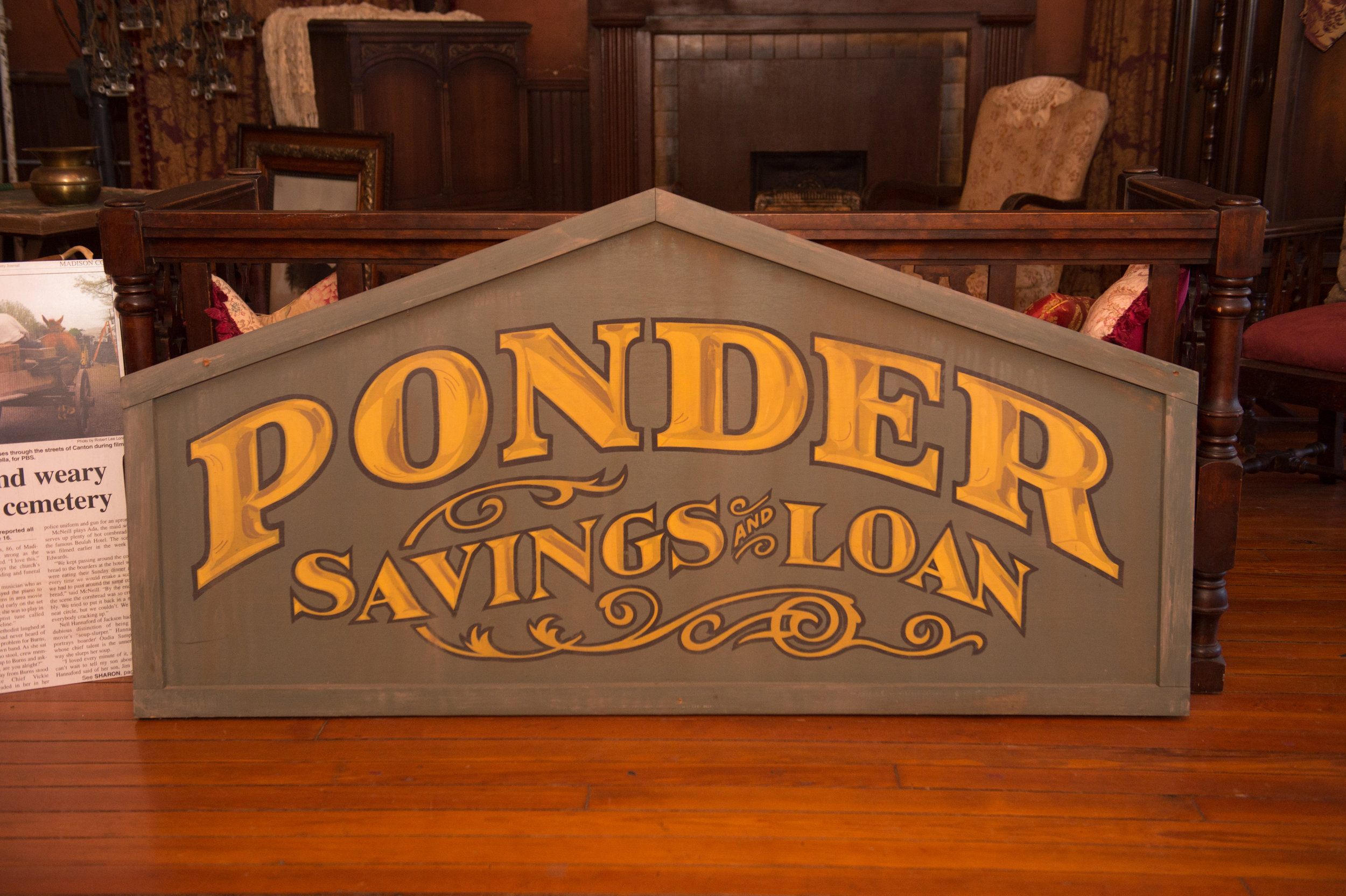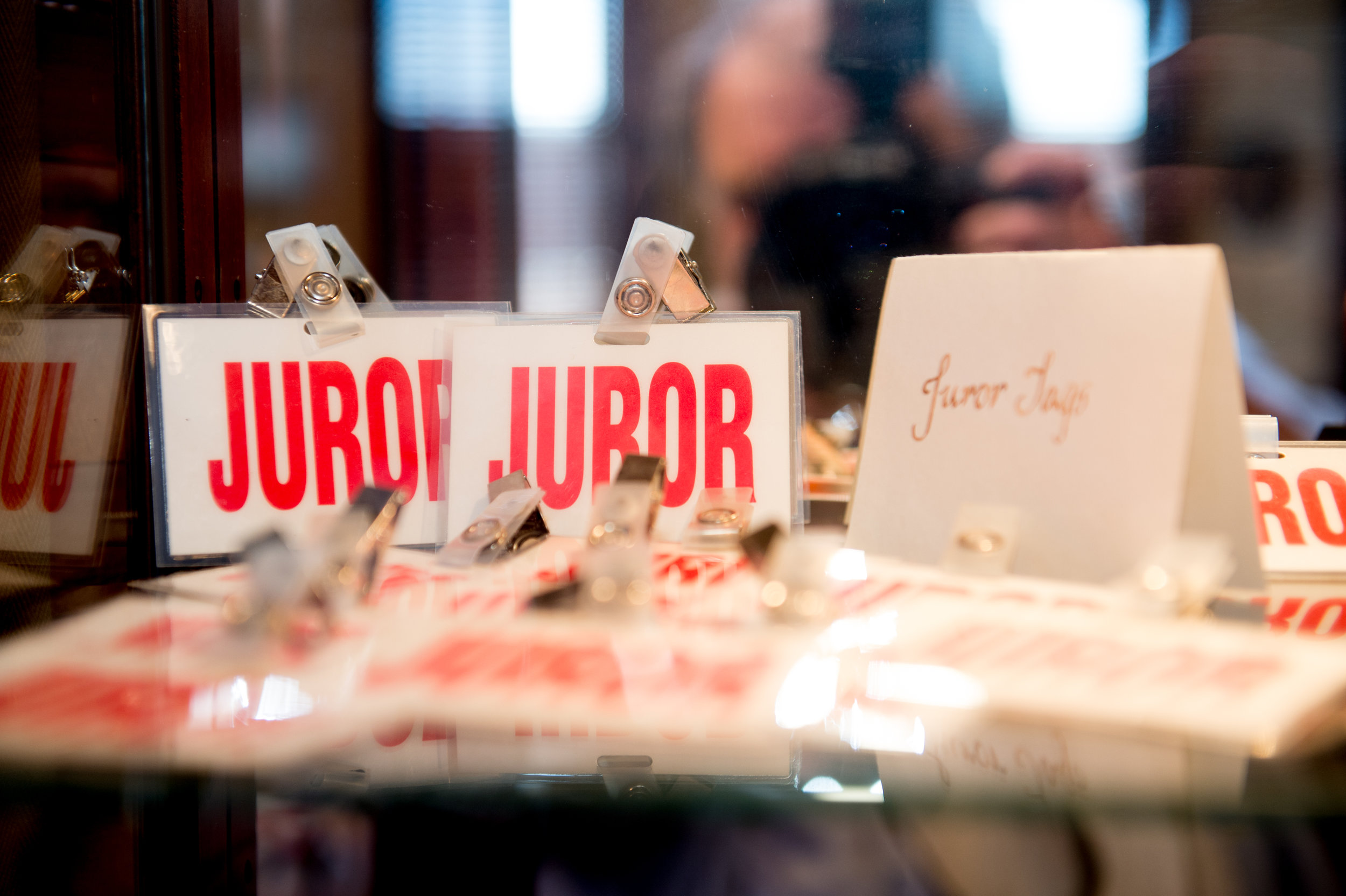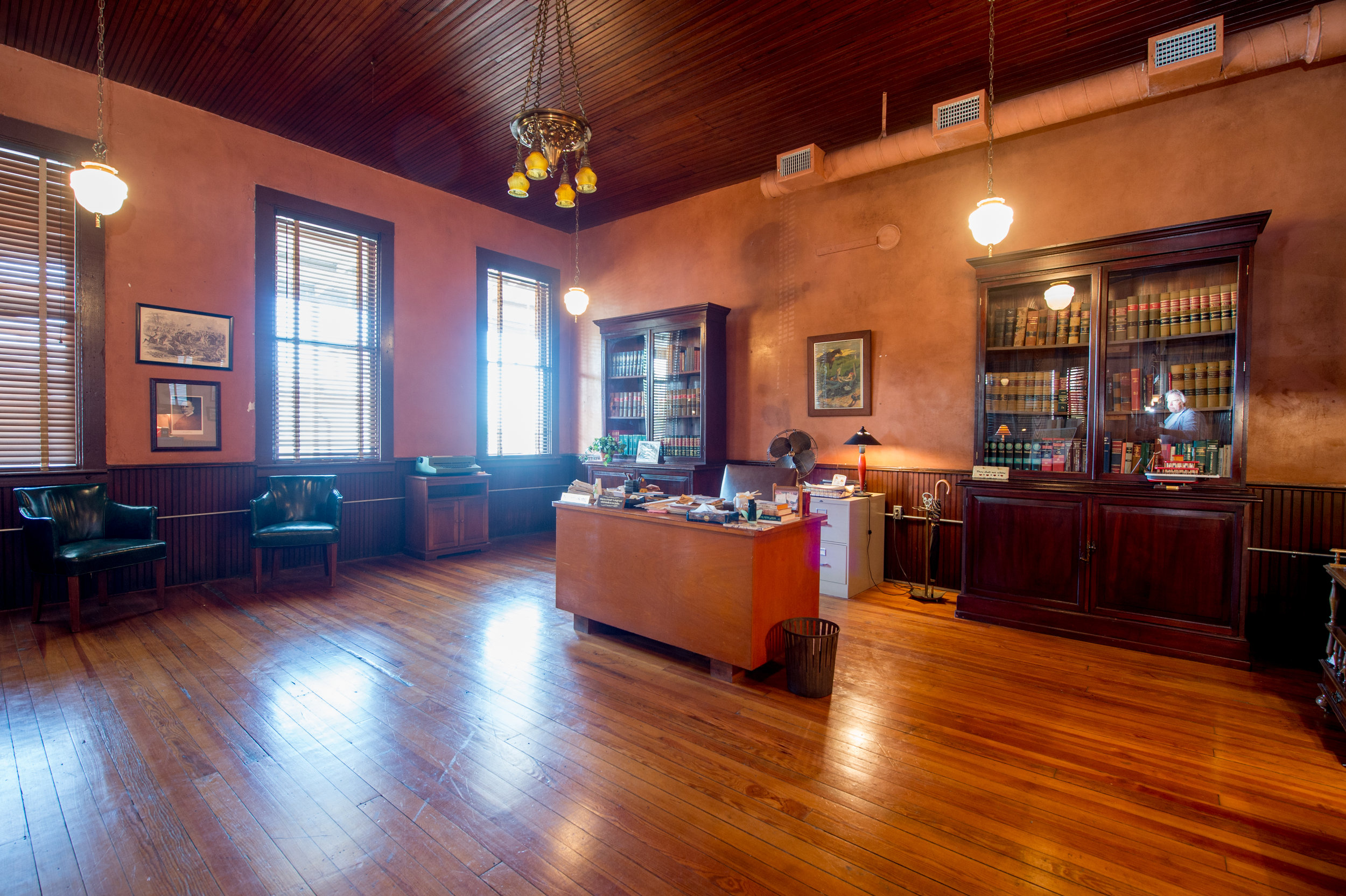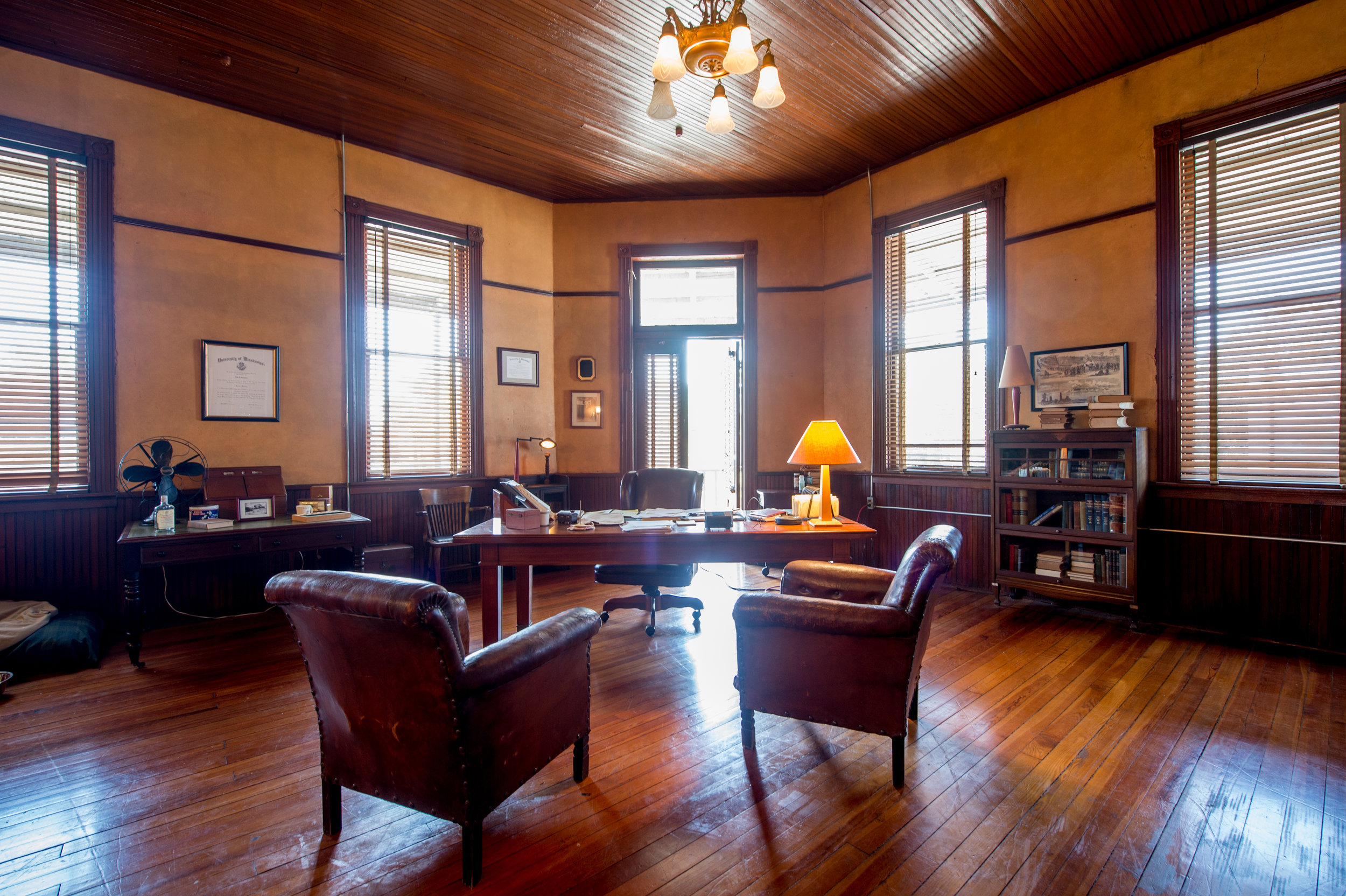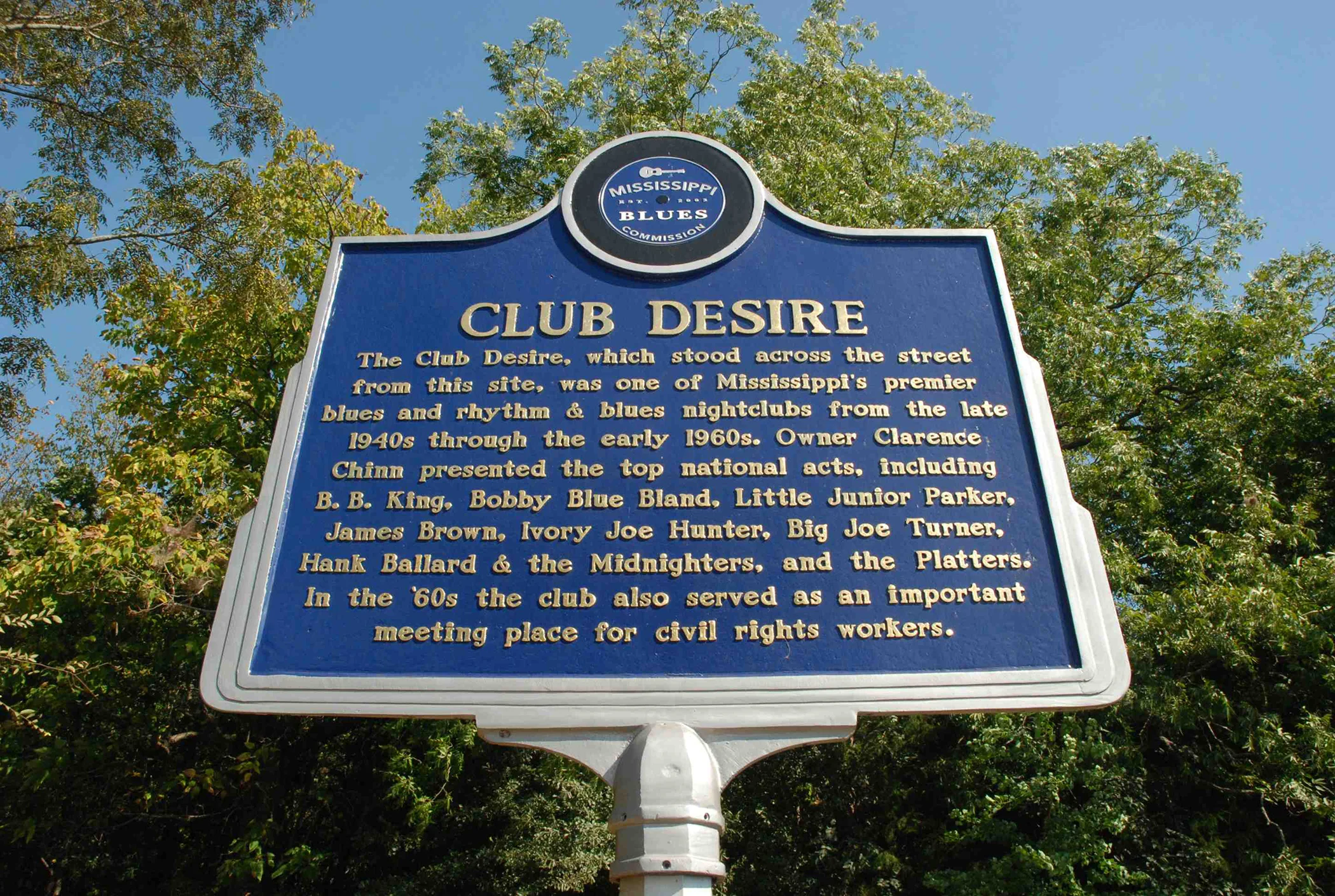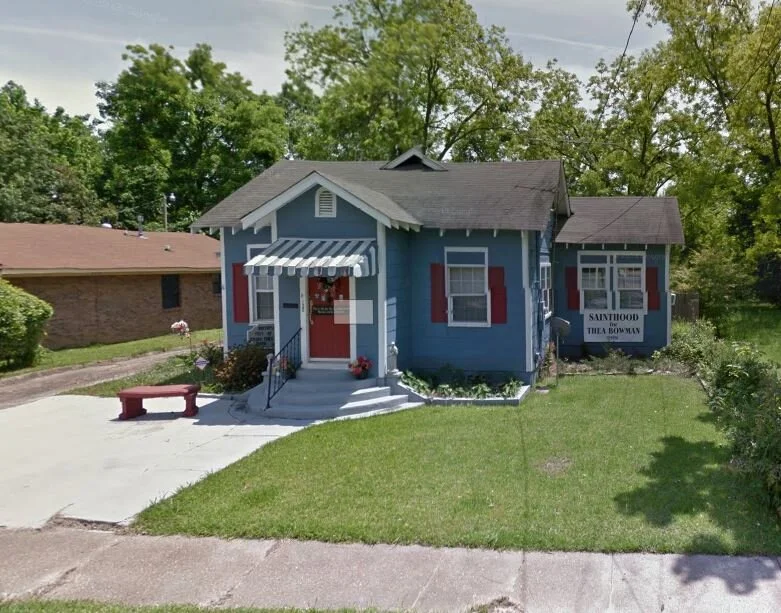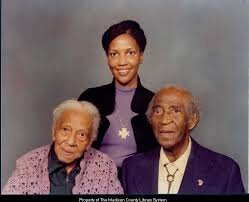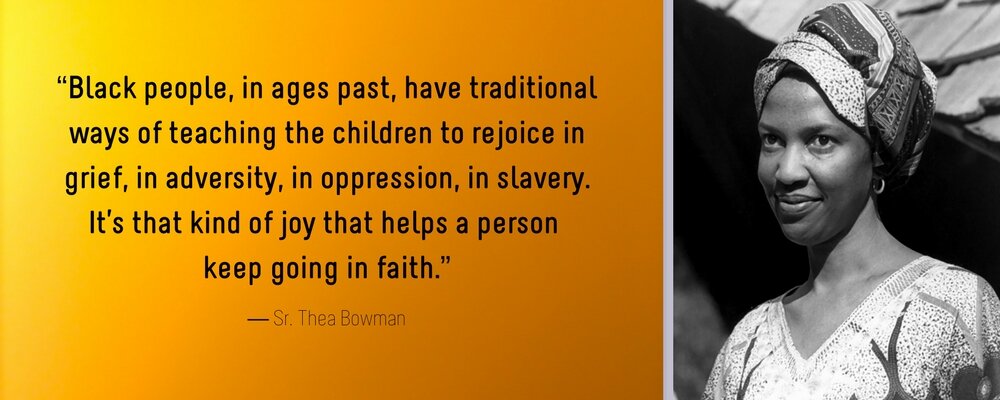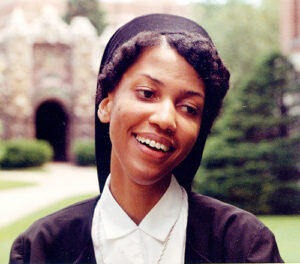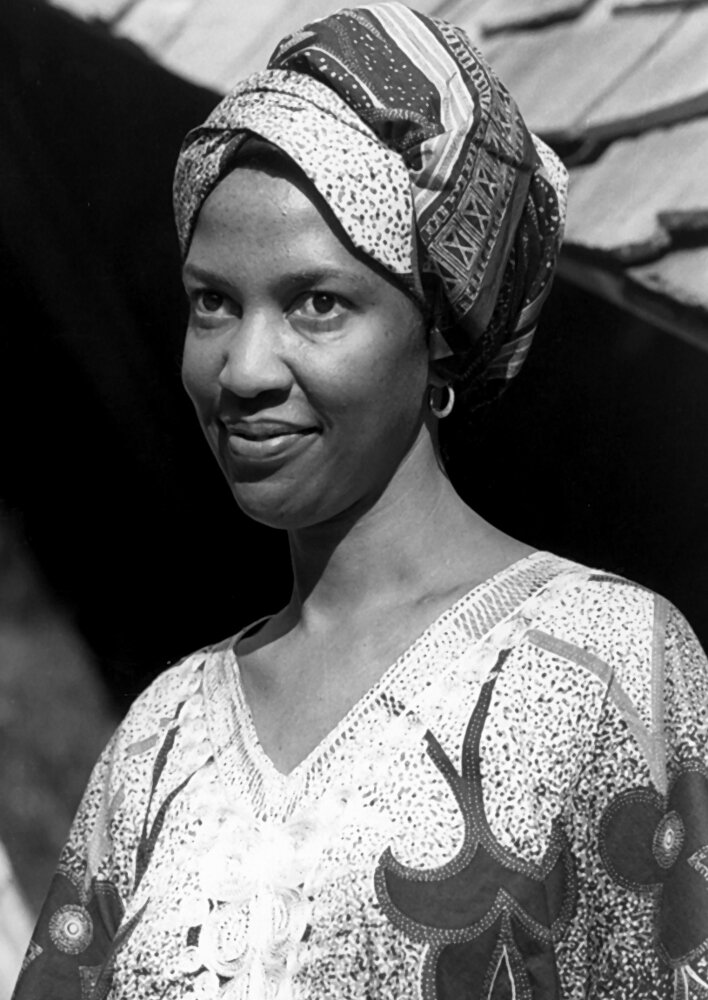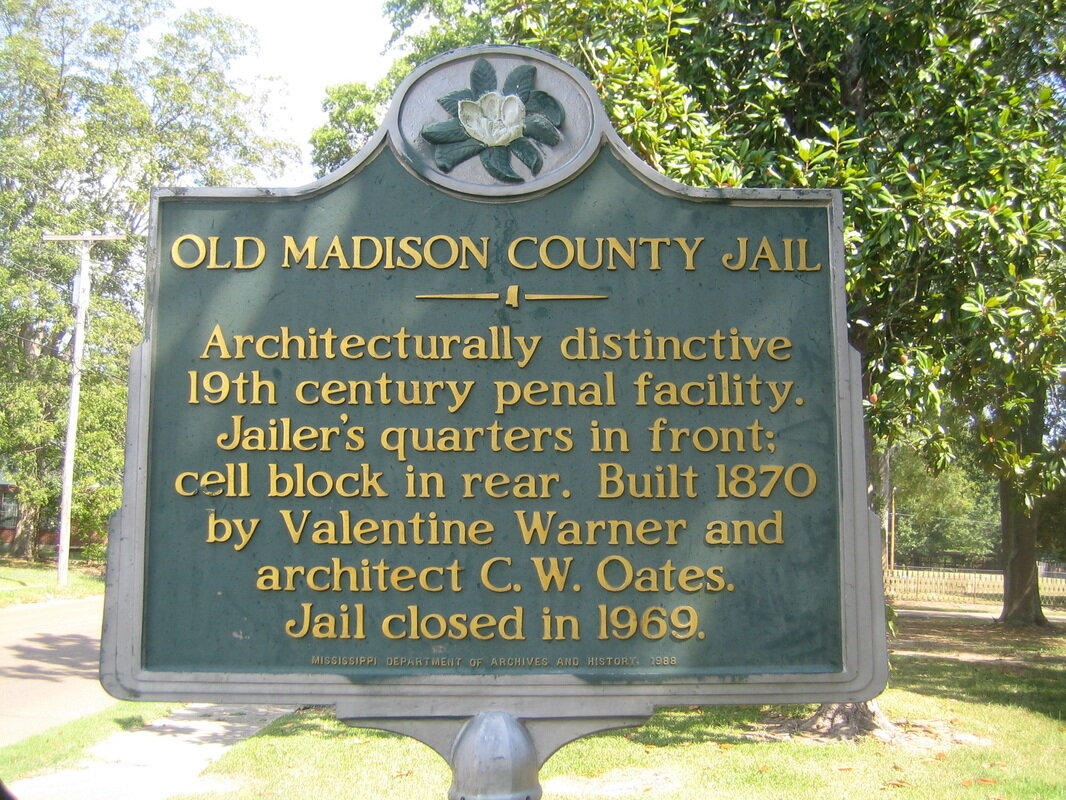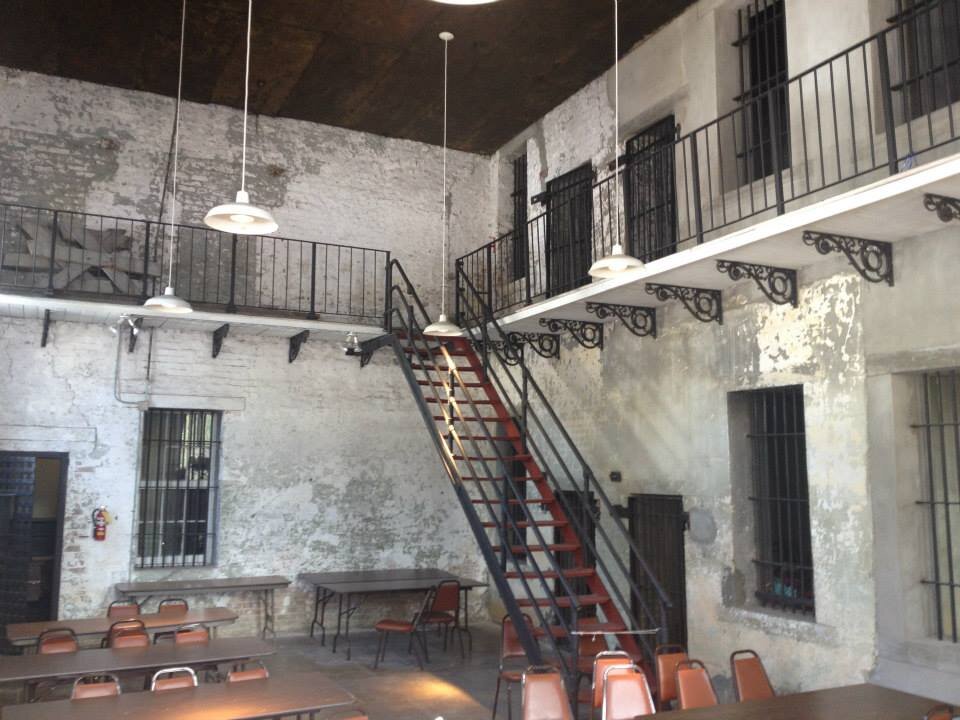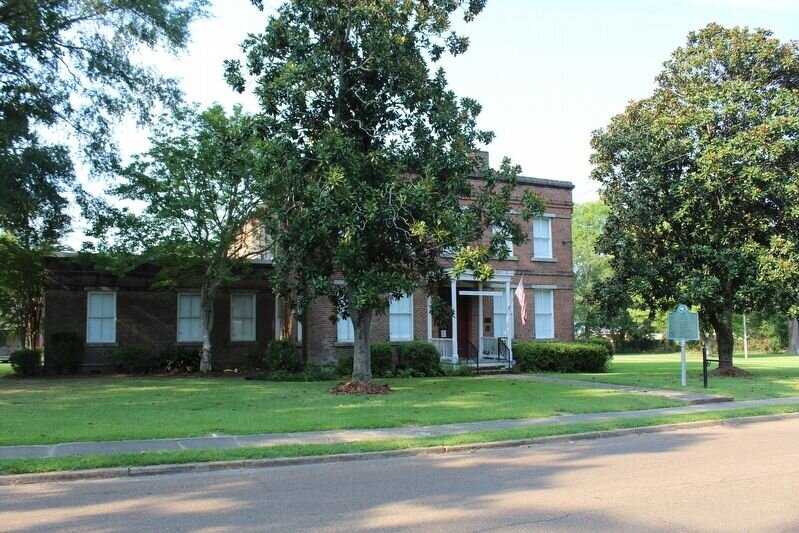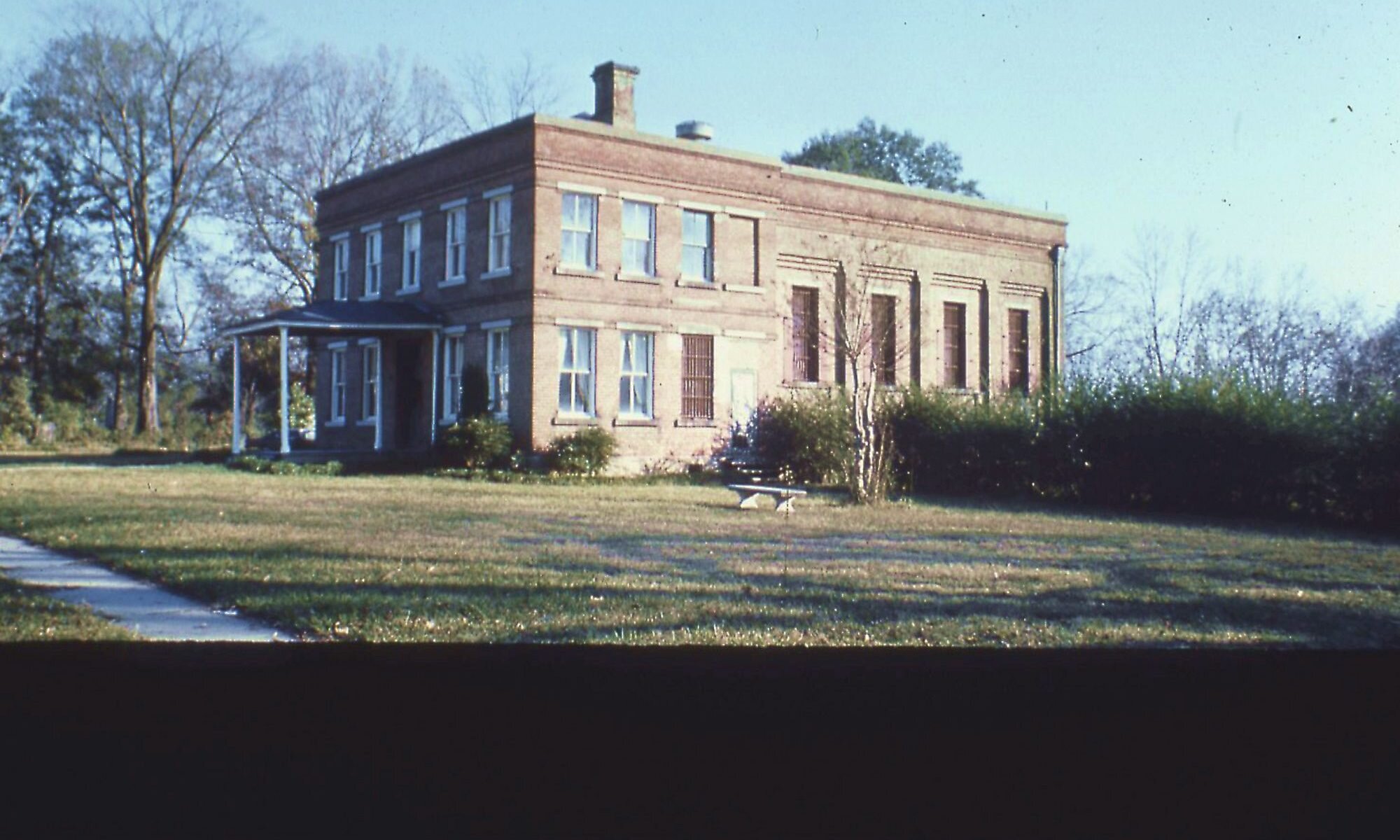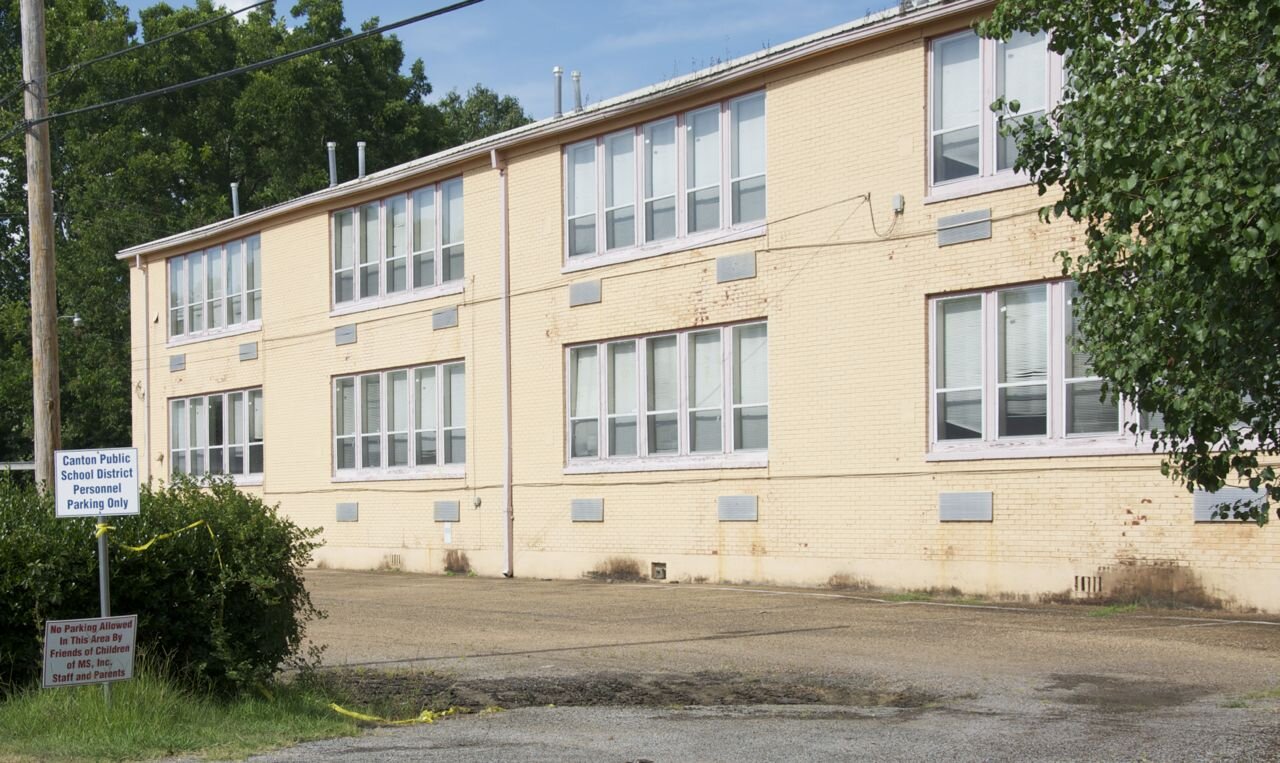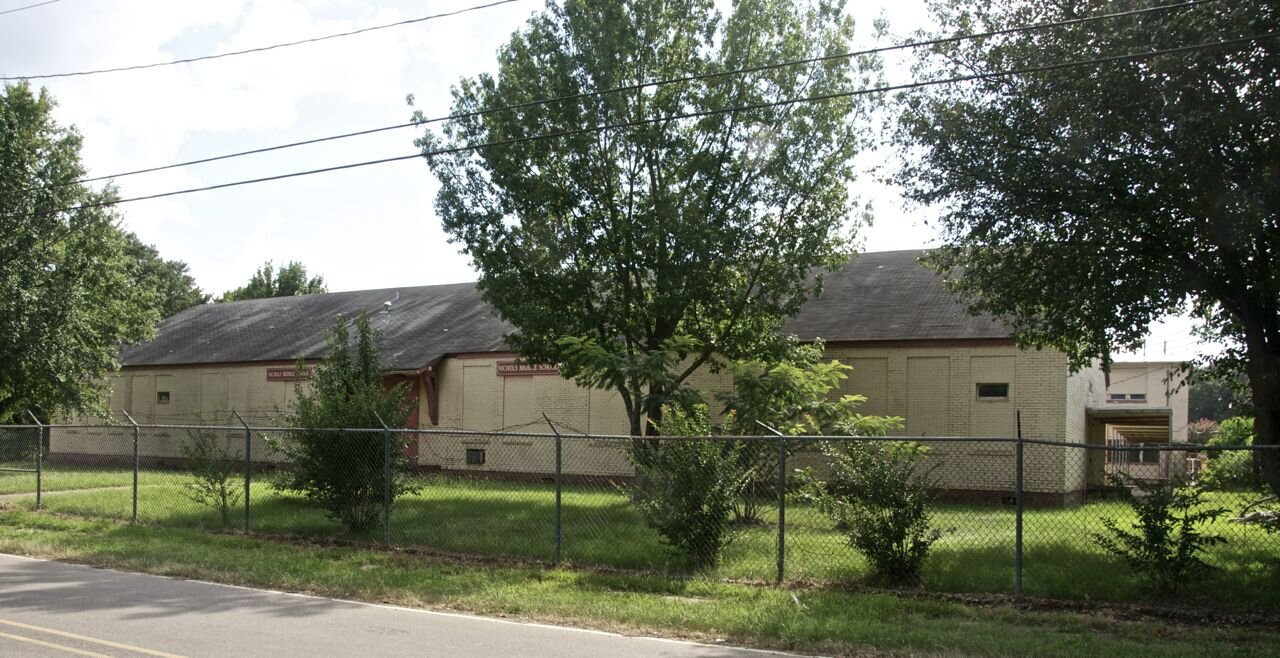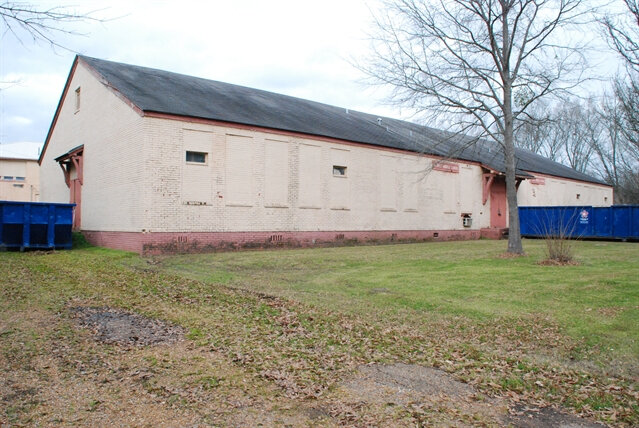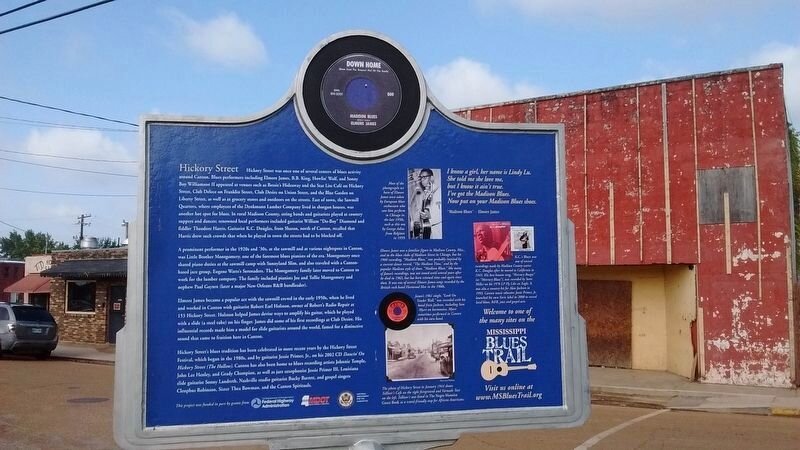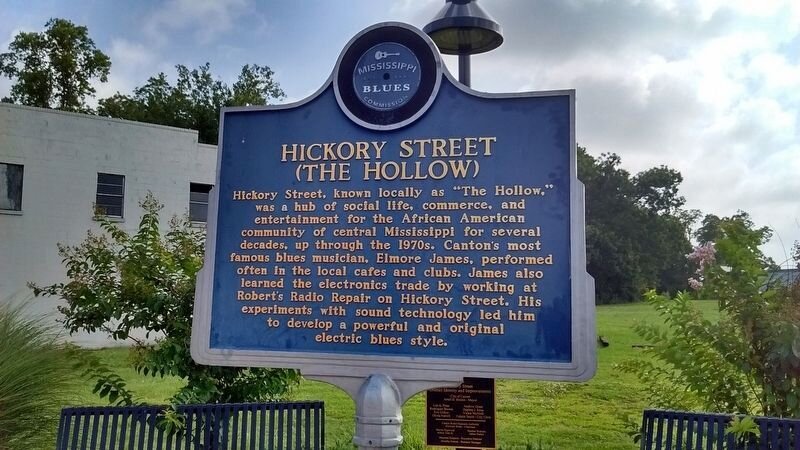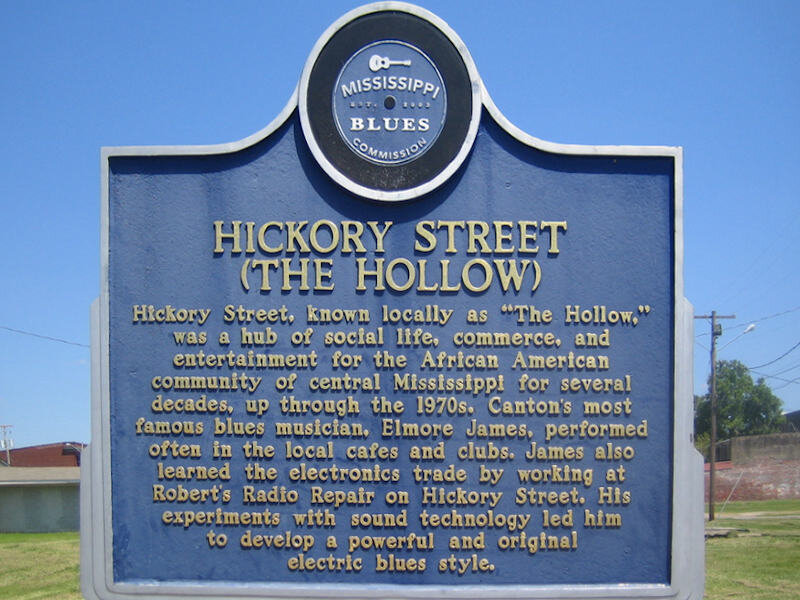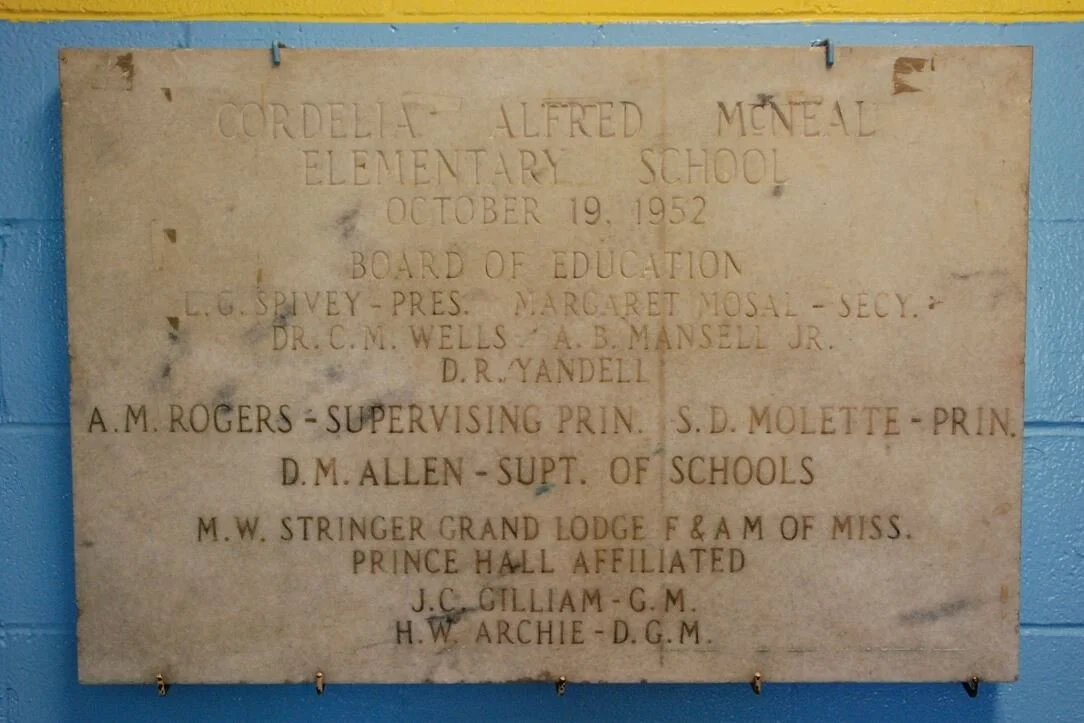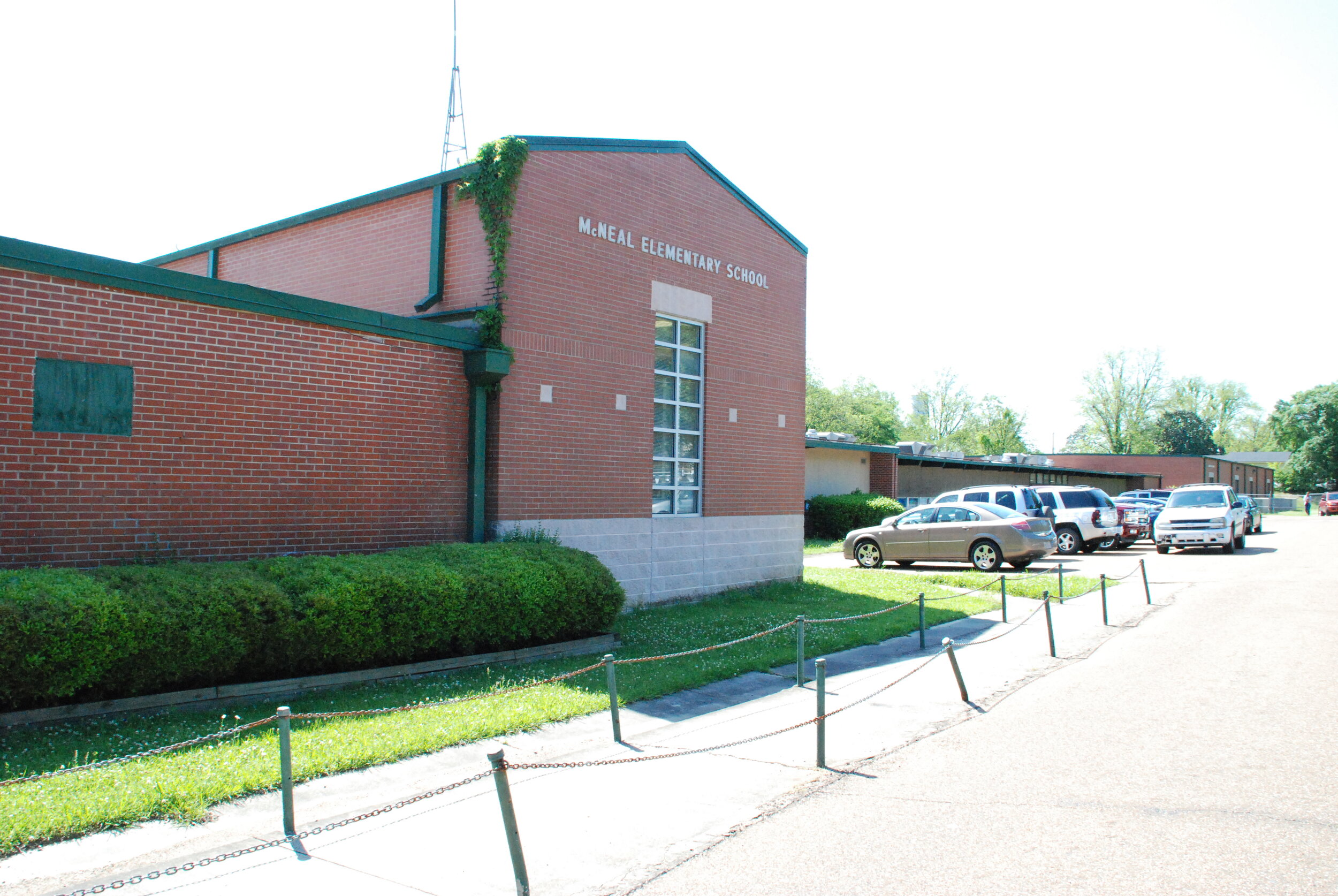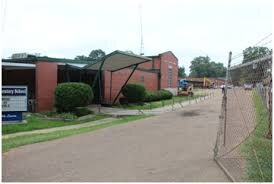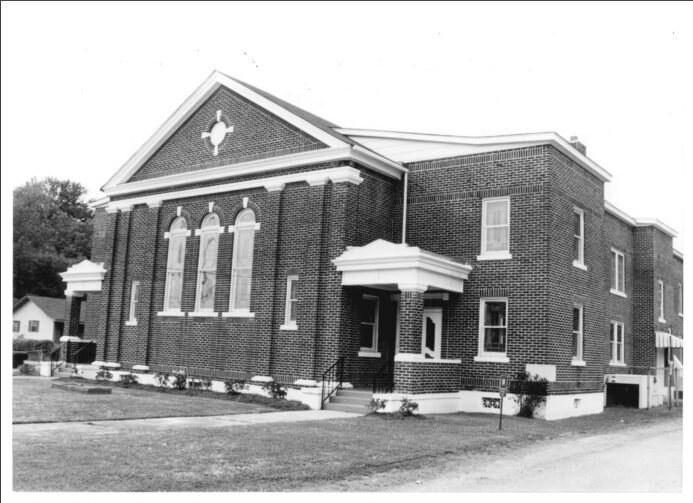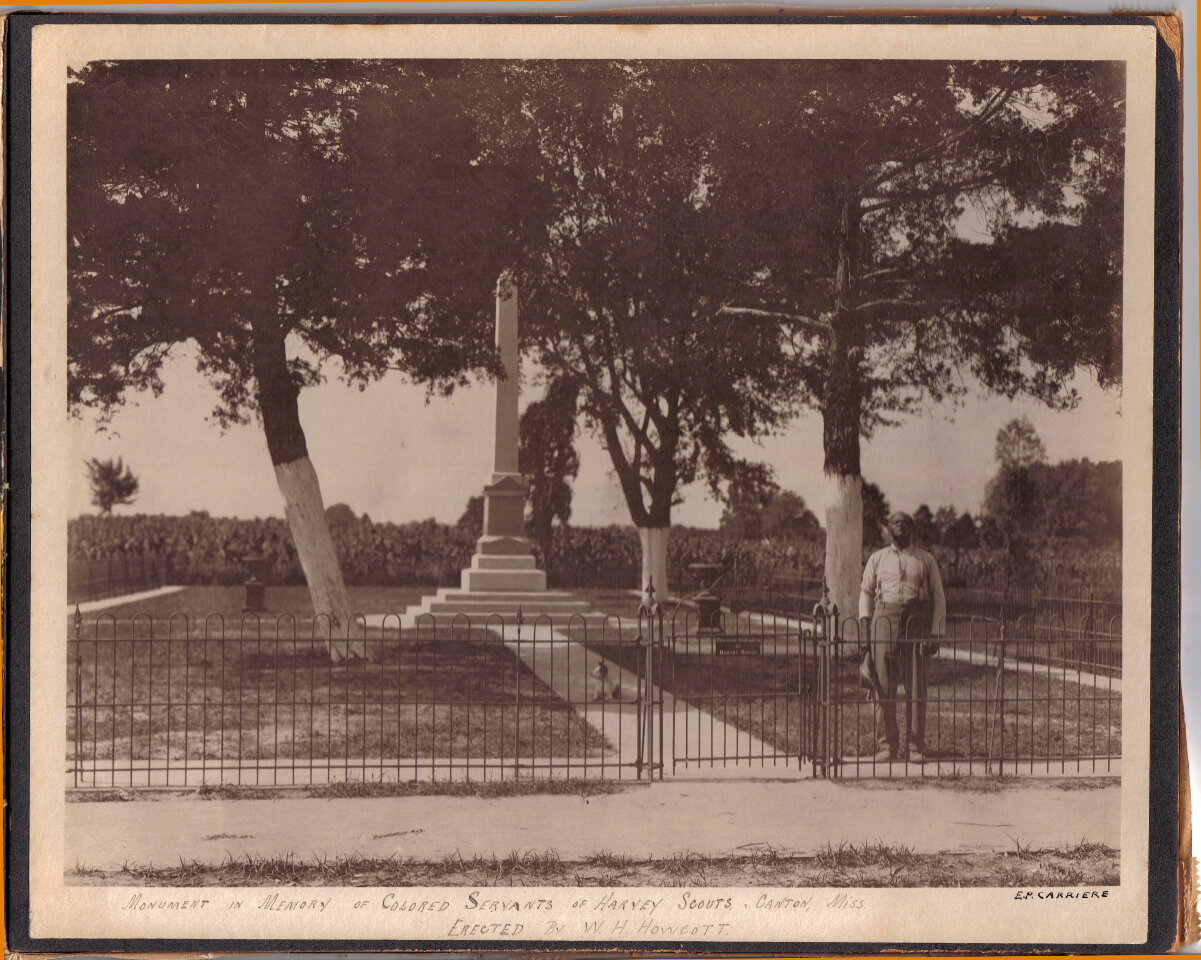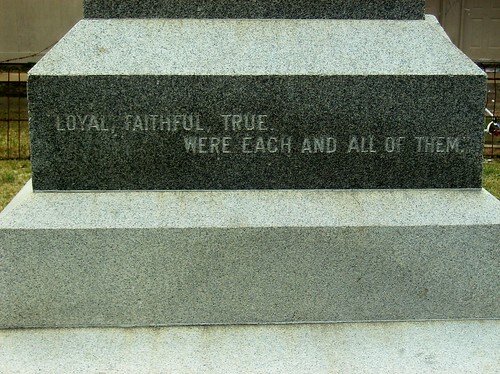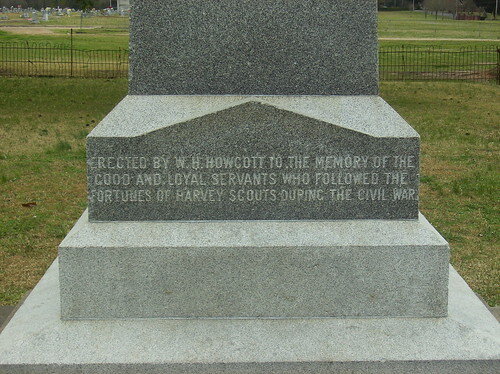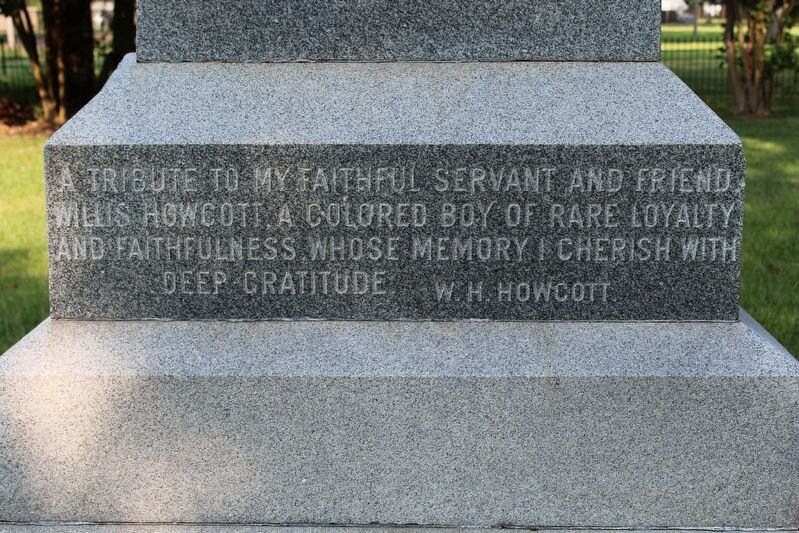The Courthouse
The very center and glory of our town is the beautiful Greek Revival Courthouse. Members of the local Masonic Order laid the cornerstone to the Courthouse in July 1855. The Board of Police paid $26,428 for it, as well as $65 per month to a commissioner to supervise proper construction - a magnificent sum at that time. The brick used were salvaged from the old Courthouse that had been condemned in 1840 because of the deterioration of the mortar. The new Courthouse was the scene of a huge Fourth of July celebration in 1857, but was not legally accepted until 1858. The beautiful iron fence was added later at a cost of $5,250.
The large dome (twenty feet in diameter and thirty feet high) has twice been threatened with removal for security reasons. The first time was during original construction in 1856, and the second time was during remodeling in 1925. Both times the women of the town were successful in protecting it by insisting that "beauty prevail over reason."
The Courthouse has also served as a gathering place to welcome the railroad, send soldiers off to war, as a Court of Justice and the Seat of county offices, a polling place, an early library, a theater, and a hospital during the yellow fever epidemic.
The happenings within the Courthouse walls have reflected the humorous, chivalrous, hardheaded, hospitable personalities who have given the South its distinctive character. During reconstruction, there was so much ballot box stuffing and tensions that when Election Day threatened to become bloody, a group of officials dispersed a gathering crowd by climbing into the dome and shooting down rocks with sling shots.
The legal chambers within the Courthouse have witnessed many fiery trials, several of which resulted in duels between lawyers. When dueling had been outlawed in the state, Judge Calhoun and Judge Bowers, respecting the law, traveled together to Vicksburg and crossed the river into Louisiana to settle a court quarrel with pistols. Neither man was injured, it was simply a matter of honor.
In 1994-1995 a new Courthouse was built one block north of the Square and the beautiful old Courthouse underwent a $2,000,000 renovation. The 1855 cornerstone was opened and re-laid by the Masonic Order. The first floor is currently home to the Madison County Economic Development Authority, and the old courtroom, on the second floor, is currently not in use.
The Courthouse Square
In 1982, the Canton Courthouse Square District was officially entered into the National Register of Historic Places and declared one of three best examples in the State of Mississippi.
The Courthouse Square, still the focus of exciting activities, is the scene twice yearly of the nationally famous Canton Flea Market Arts & Crafts Show. The Market attracts up to 100,000 visitors annually from across the United States and beyond.
It is estimated that over $20,000,000 in public and private funding has been invested in the Canton Square District, including the new and old Courthouses.
In recent years, the beauty, uniqueness, and preservation efforts of our Courthouse Square and Historic District, with its beautiful homes, have attracted the attention of Hollywood. In addition to the five major films, many advertising agencies have chosen Canton as the location for commercial and corporate shoots, and PBS again chose the town for a segment of a six hour blues documentary on blues great Skip James to air in 2003.
With the site of the Nissan Automotive Plant located one mile south of the city, proposed plans for the Mississippi Film Complex, and the continued efforts toward preservation by the community, Canton's future is well-assured.
Canton History Brochure (pdf)
